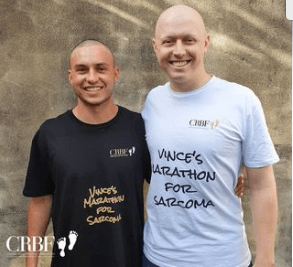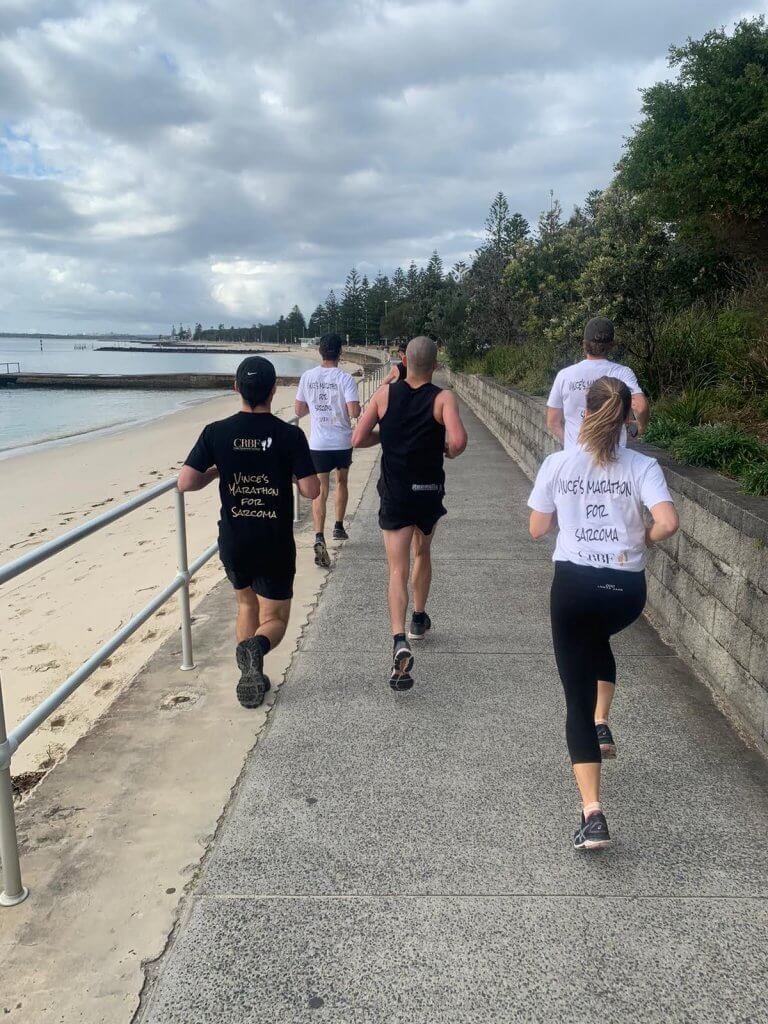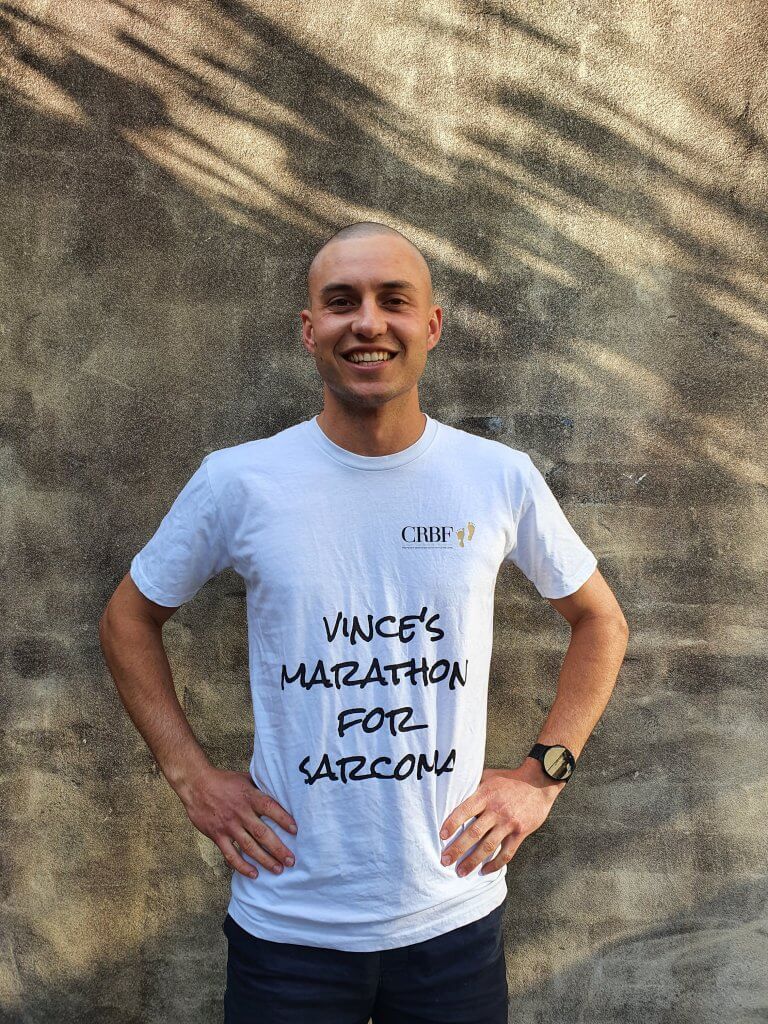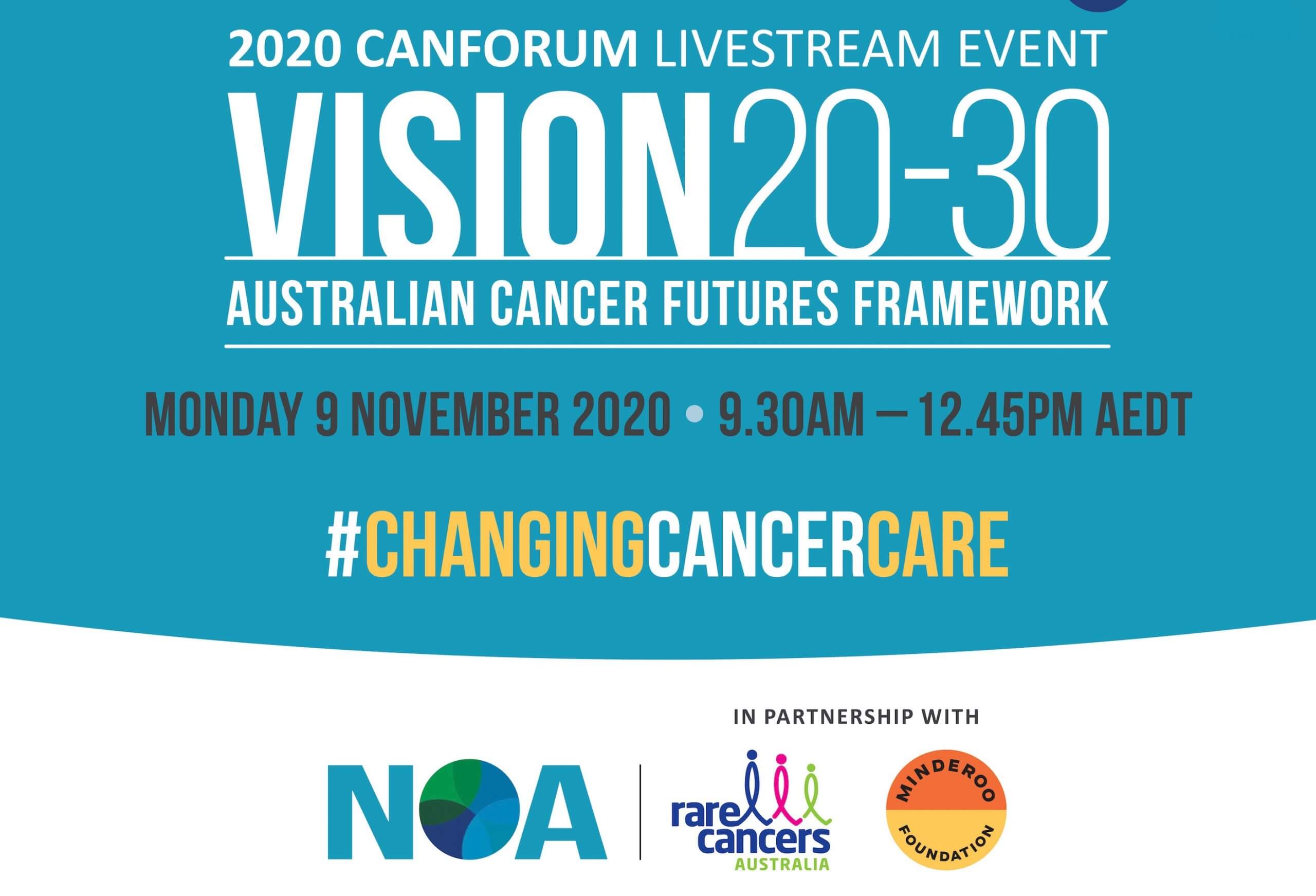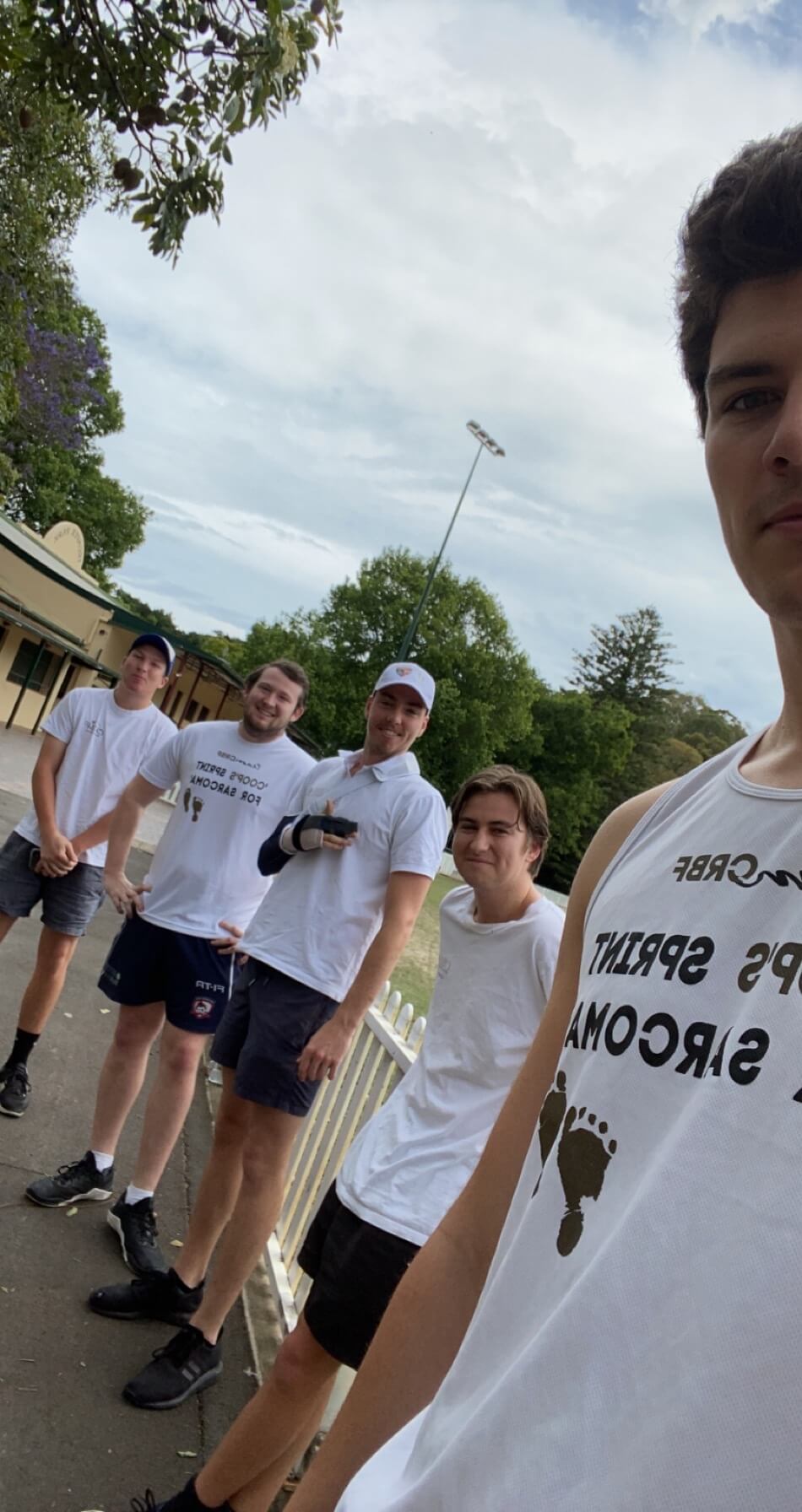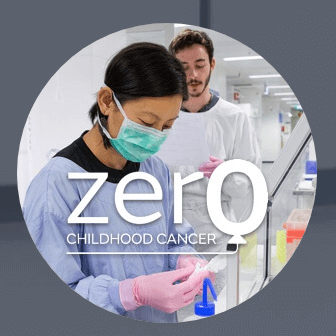Vale Matt Fisher
24 July, 1981 – 08 January, 2020
It is with deep sadness we learned this morning, of the passing of Matthew (Matt) Fisher.
Matt was diagnosed with Rhabdomyosarcoma in March of 2020 and underwent one of the most gruelling of treatment regimes. His courage and resilience never waned for a moment. His selflessness knew no bounds.
Matt leaves behind his much-adored wife and his “rock”, Naomi, who walked every step of the way beside Matt, whilst juggling the demands of their two precious daughters, Vivienne and Sylvie aged four and one.
There were so many learnings from this young family whose perfect life literally crumbled before them at the hands of sarcoma. Humility and grace in the face of adversity which needed to be witnessed to truly understand, perseverance and determination day after day, despite very little positive news along the way, and a love story like no other which will last forever.
The support of this remarkable young family extended to mum Susan who left her home in Japan, during Covid, to ensure they were never alone, together with that of the extended family. Everyone knew their role, and they each stepped up to ensure Matt, Naomi and the children were shrouded in love.
Yesterday, as per Matt’s wishes, the Matthew Fisher Sarcoma Research Fund was announced. Matt was a scientist and knew the undisputed value scientific research plays in advancing sarcoma. Unsurprisingly, for those who knew Matt, he opted to ensure his legacy was to help those yet to be diagnosed.
To this beautiful family who tonight contemplate life without Matt, we send you love, strength and support, and remind each of you never walk this road alone.
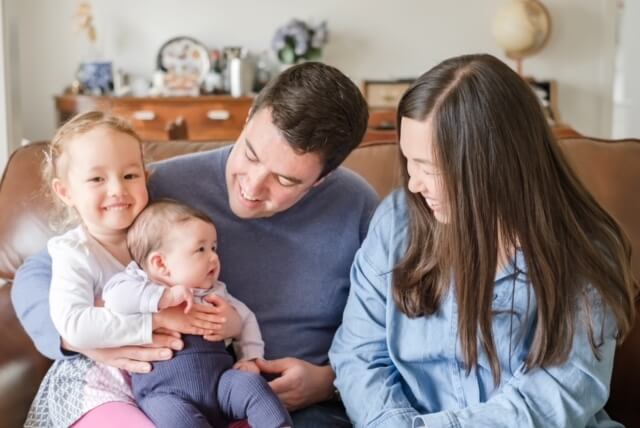
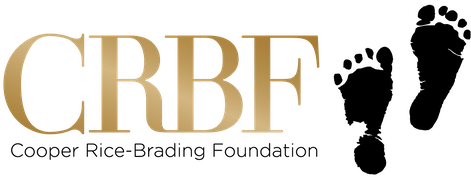
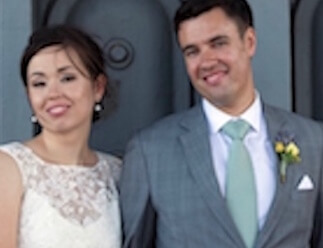
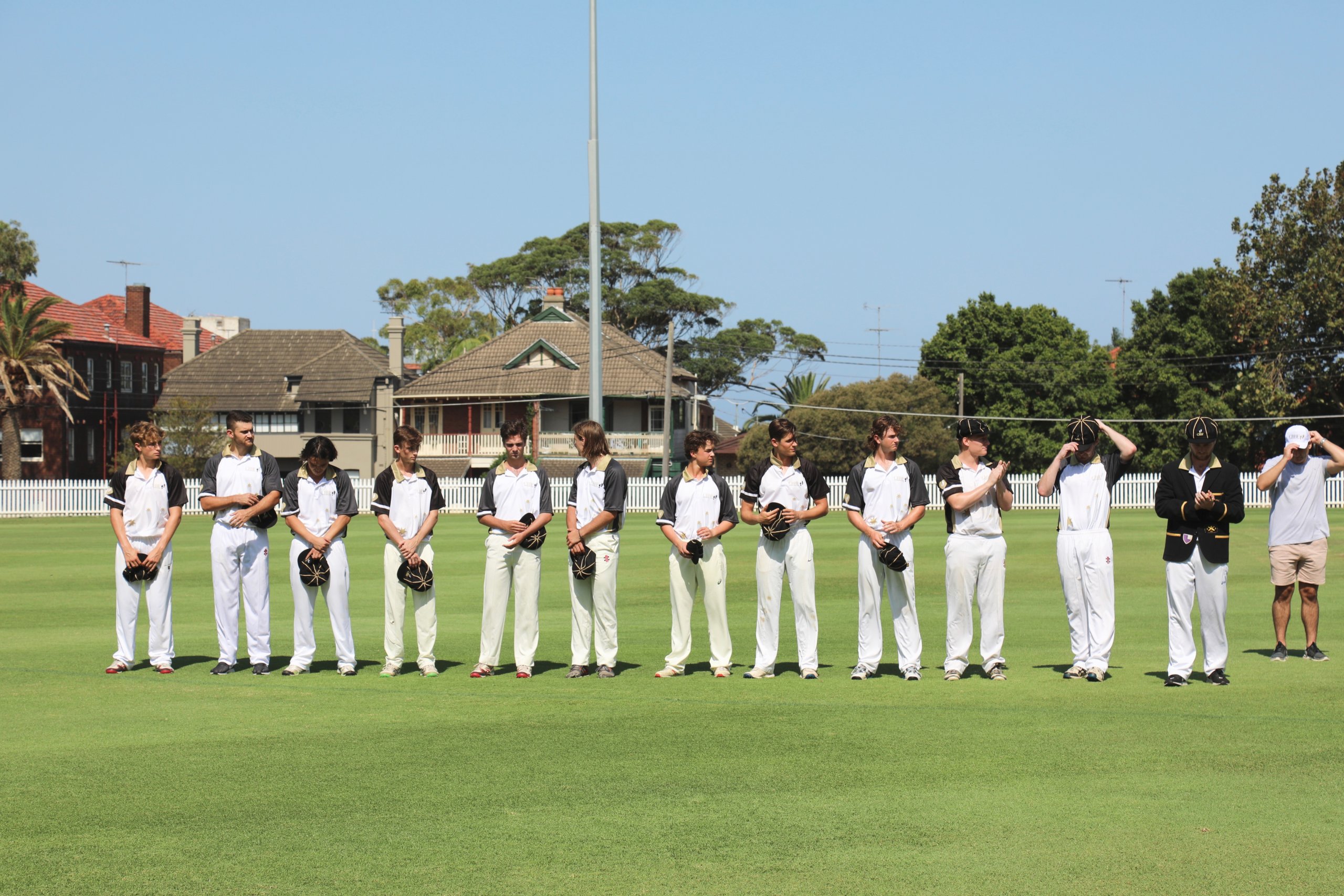
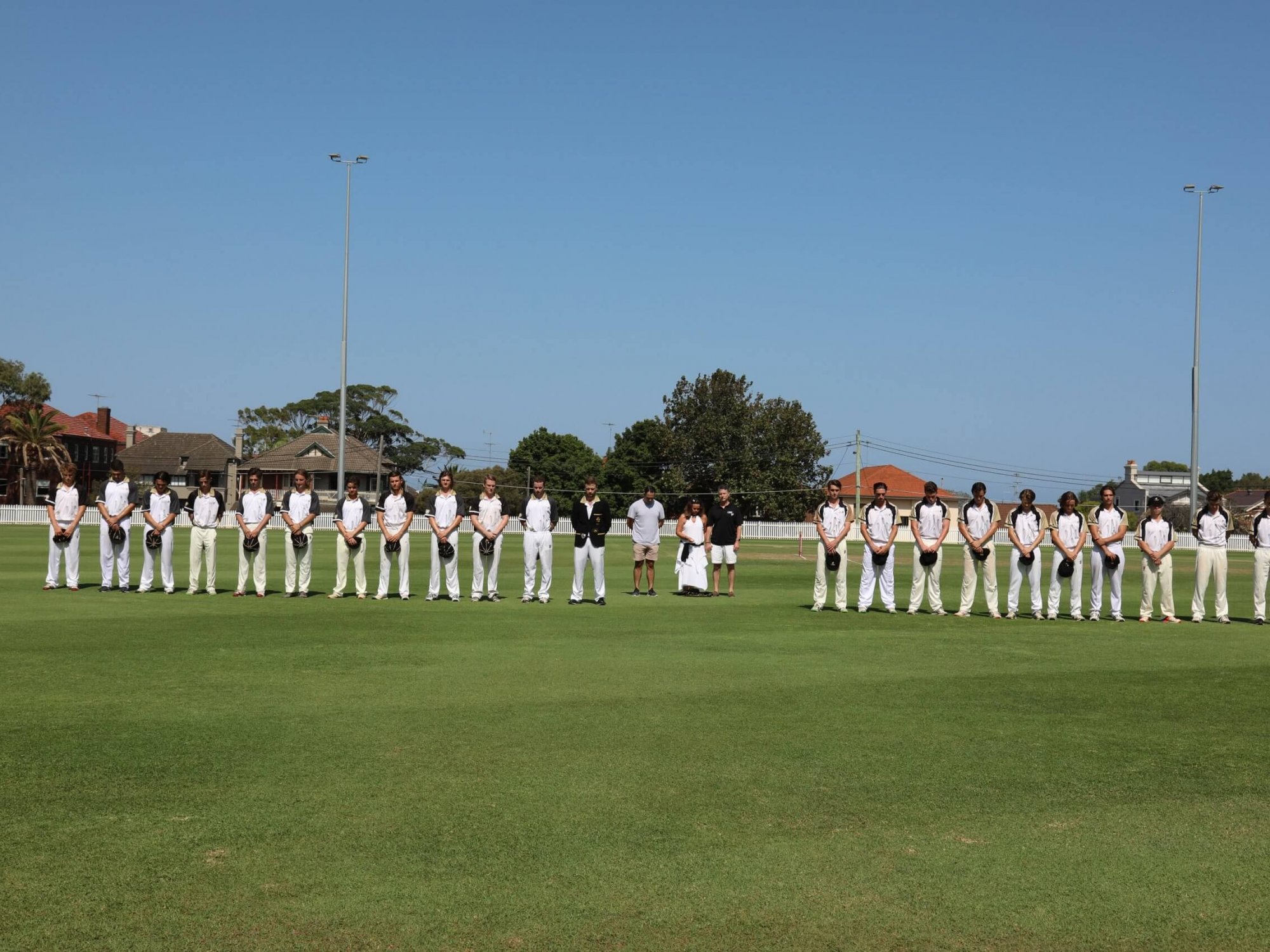
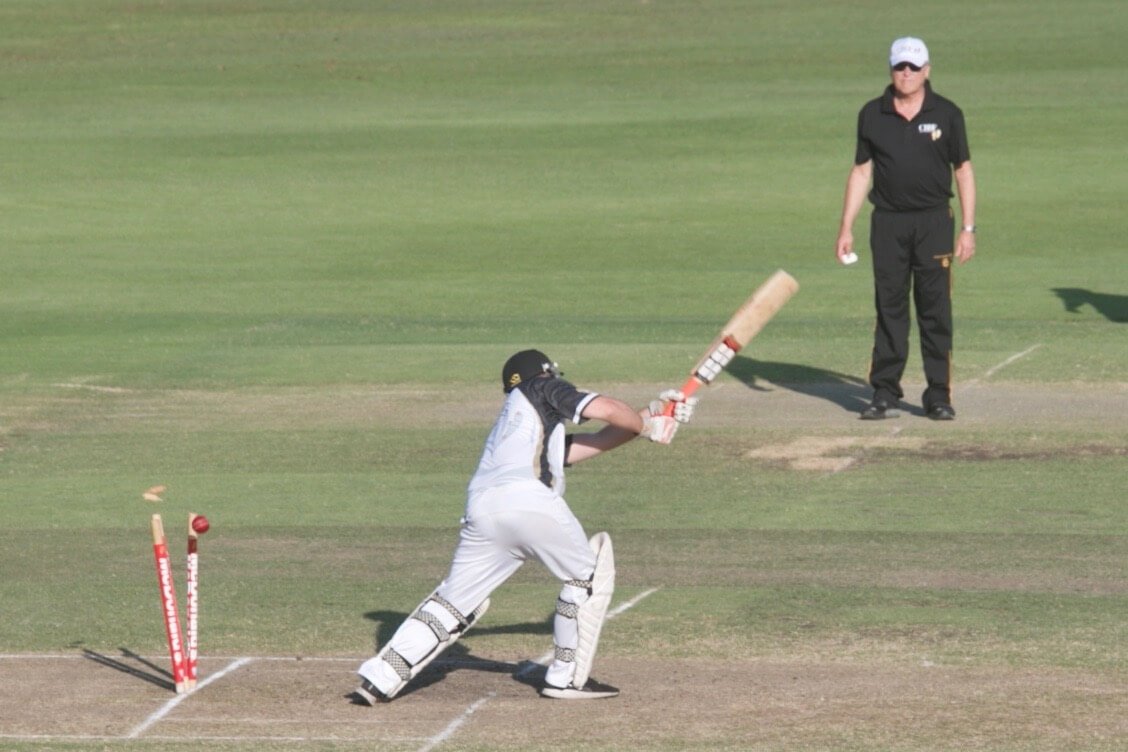
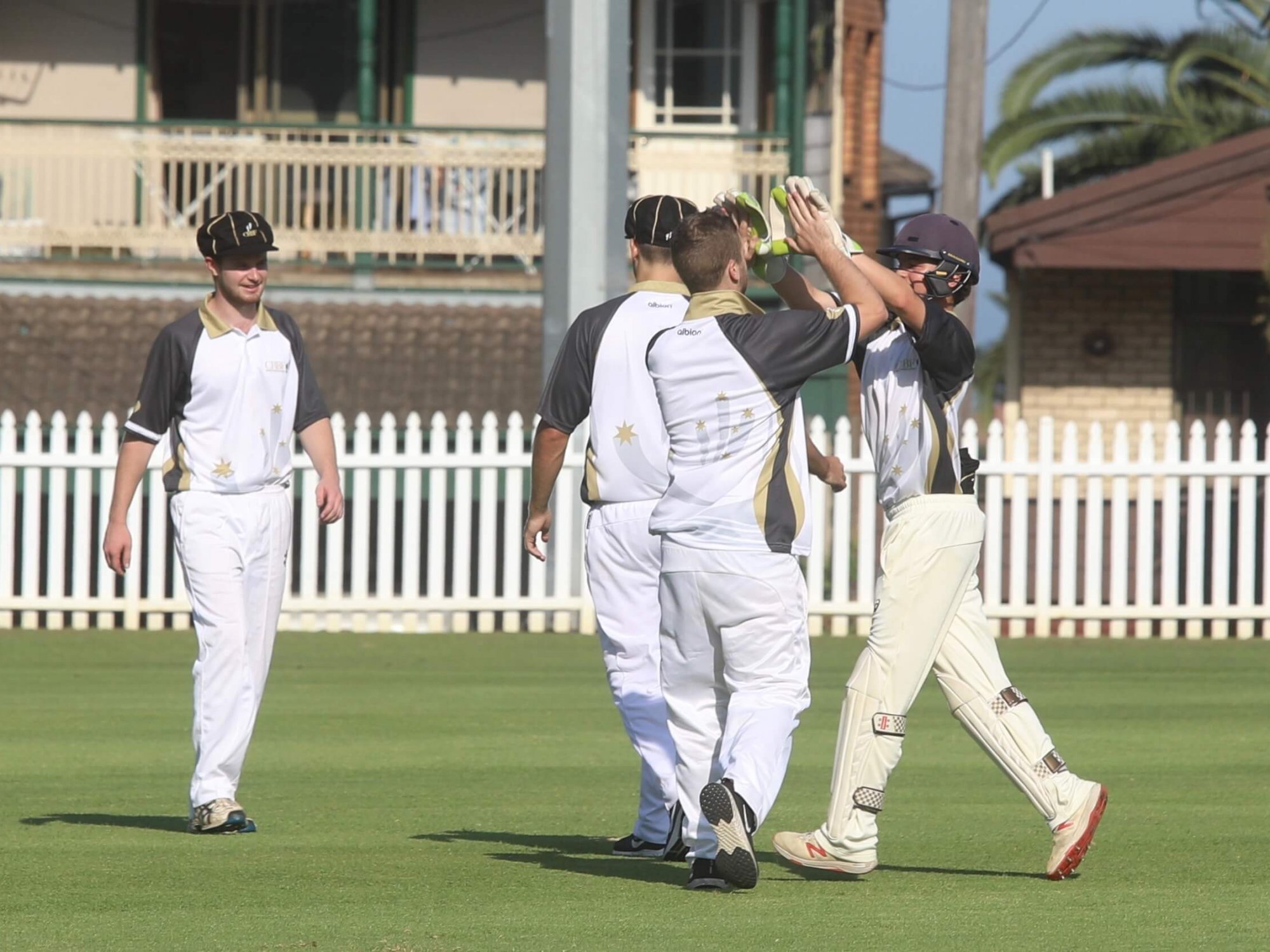
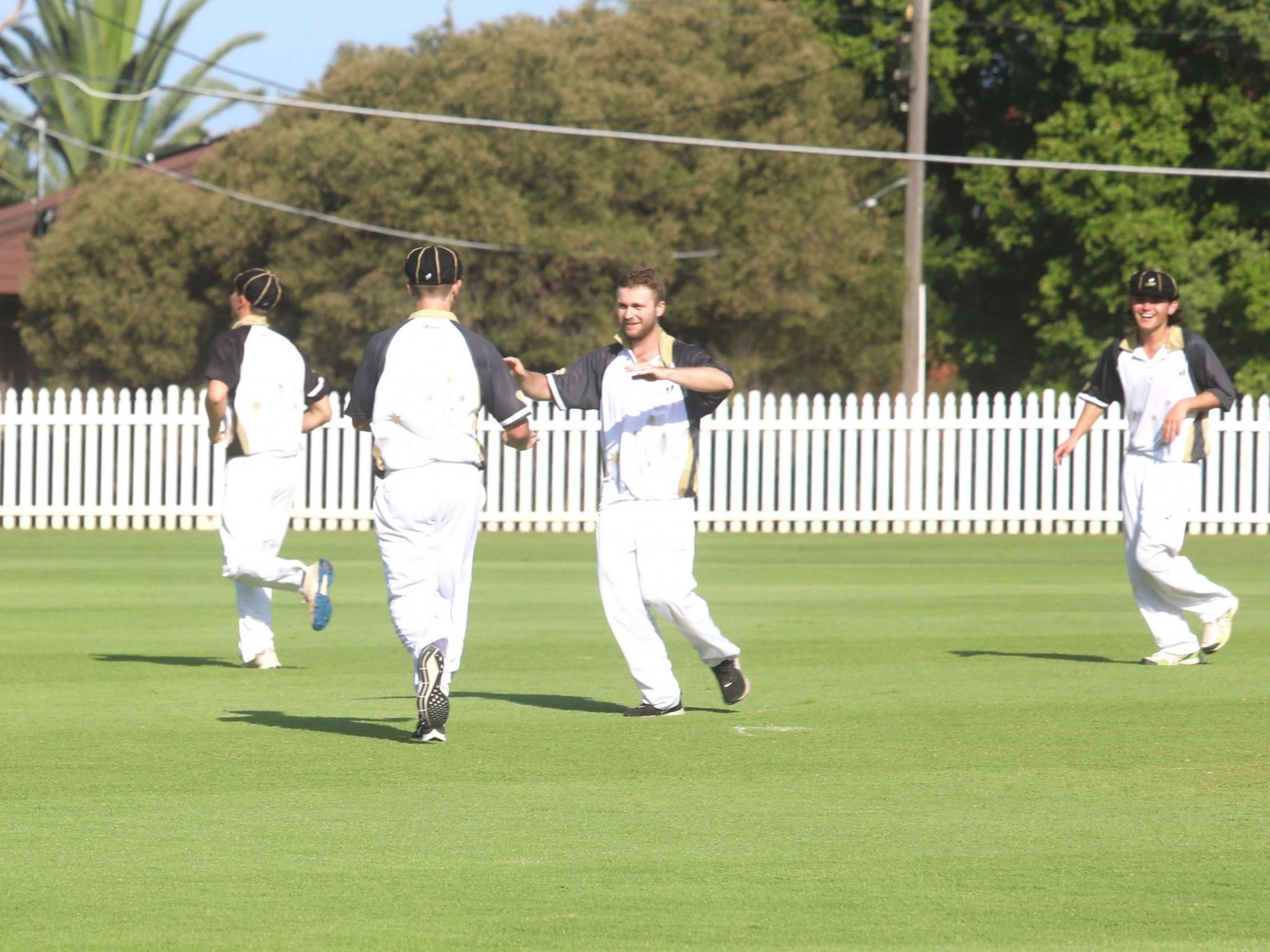
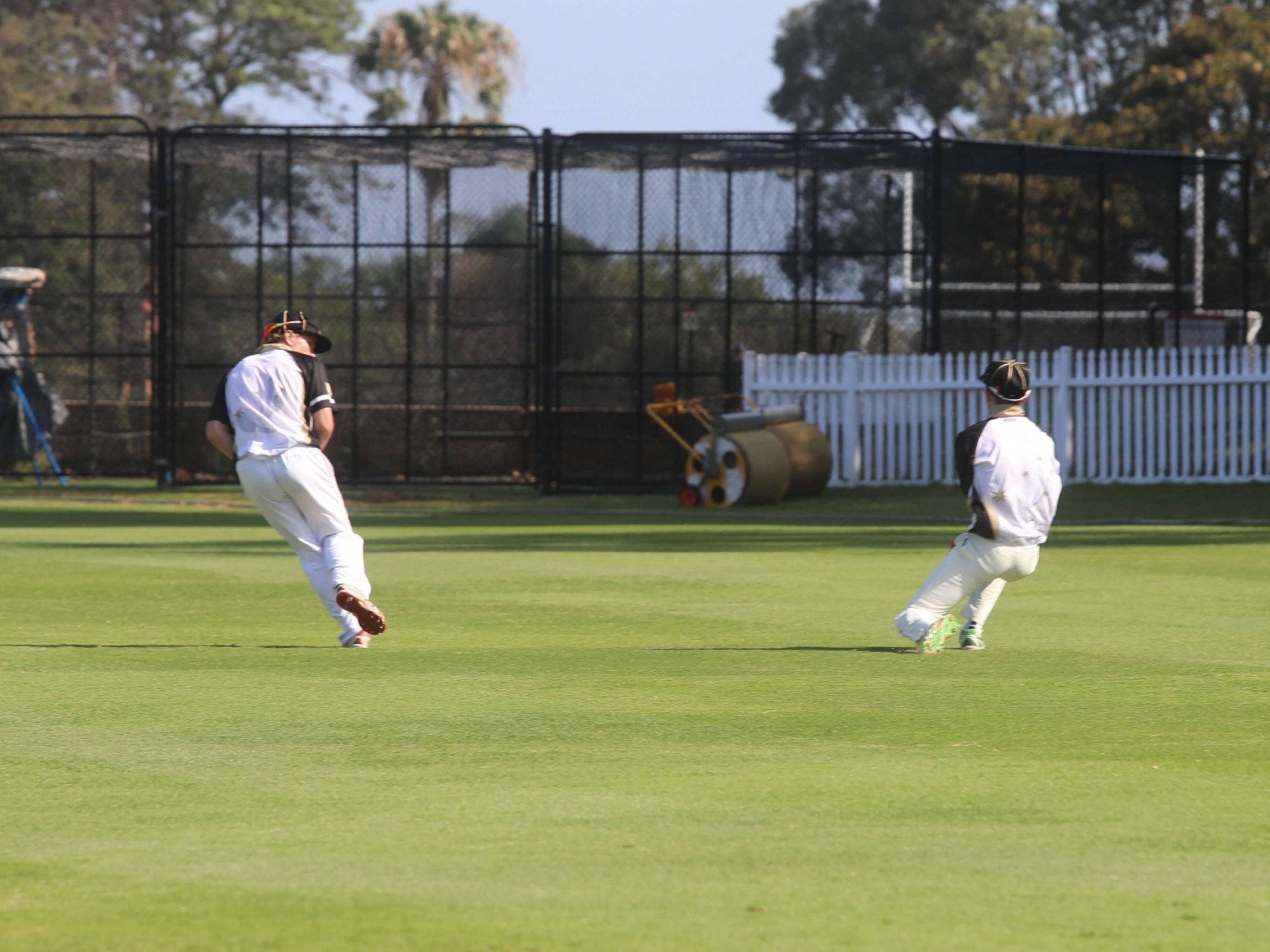
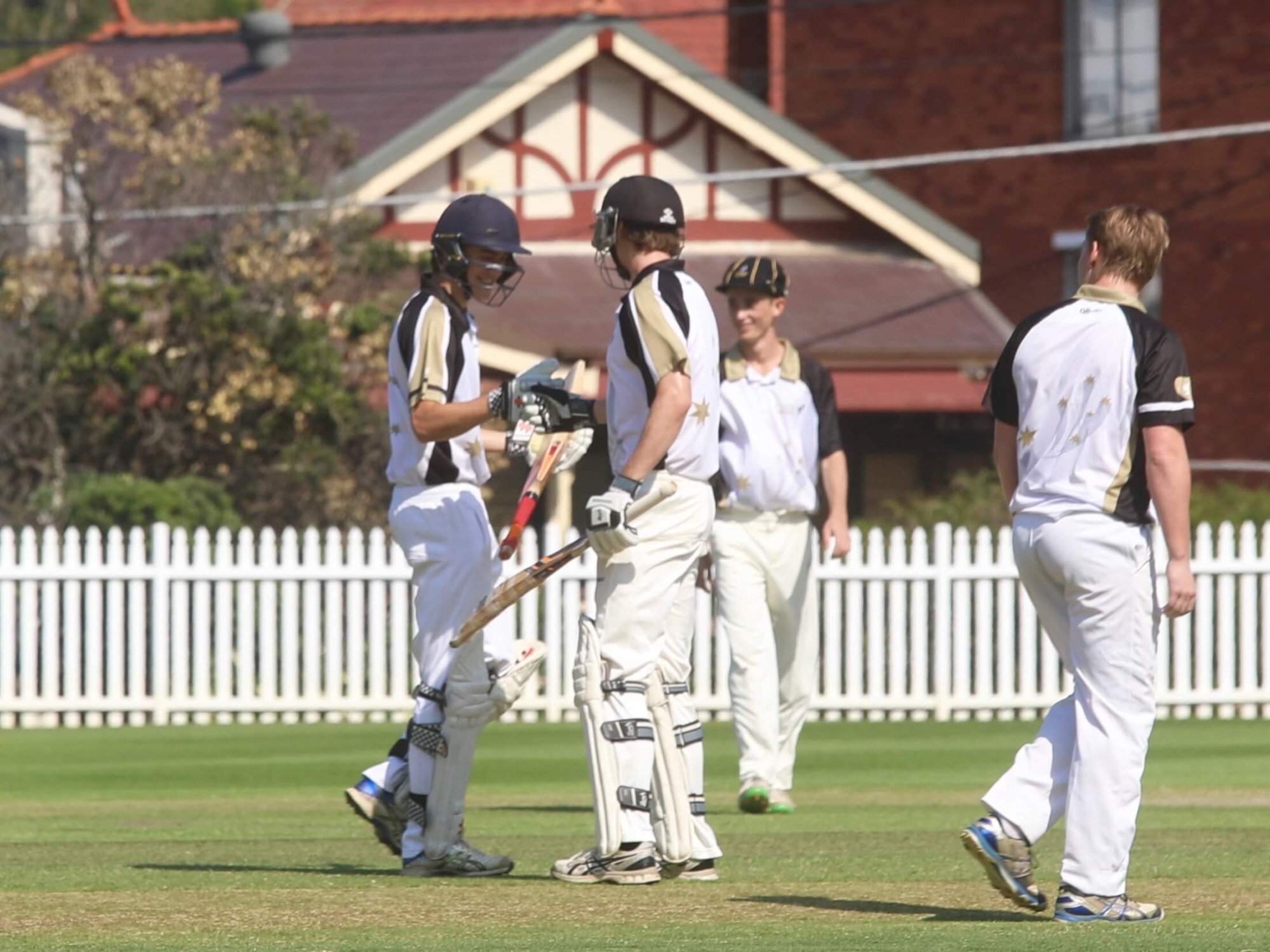
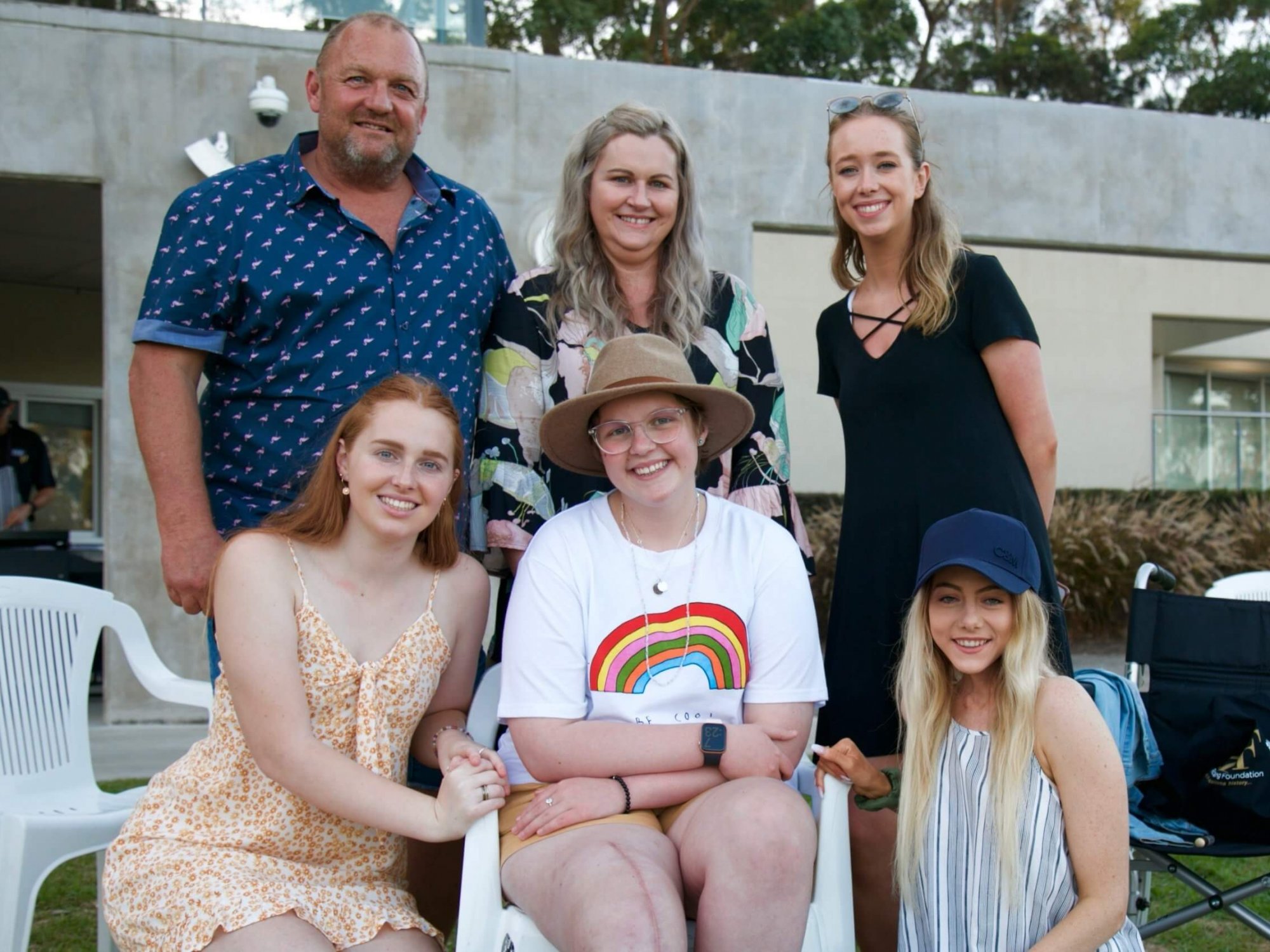
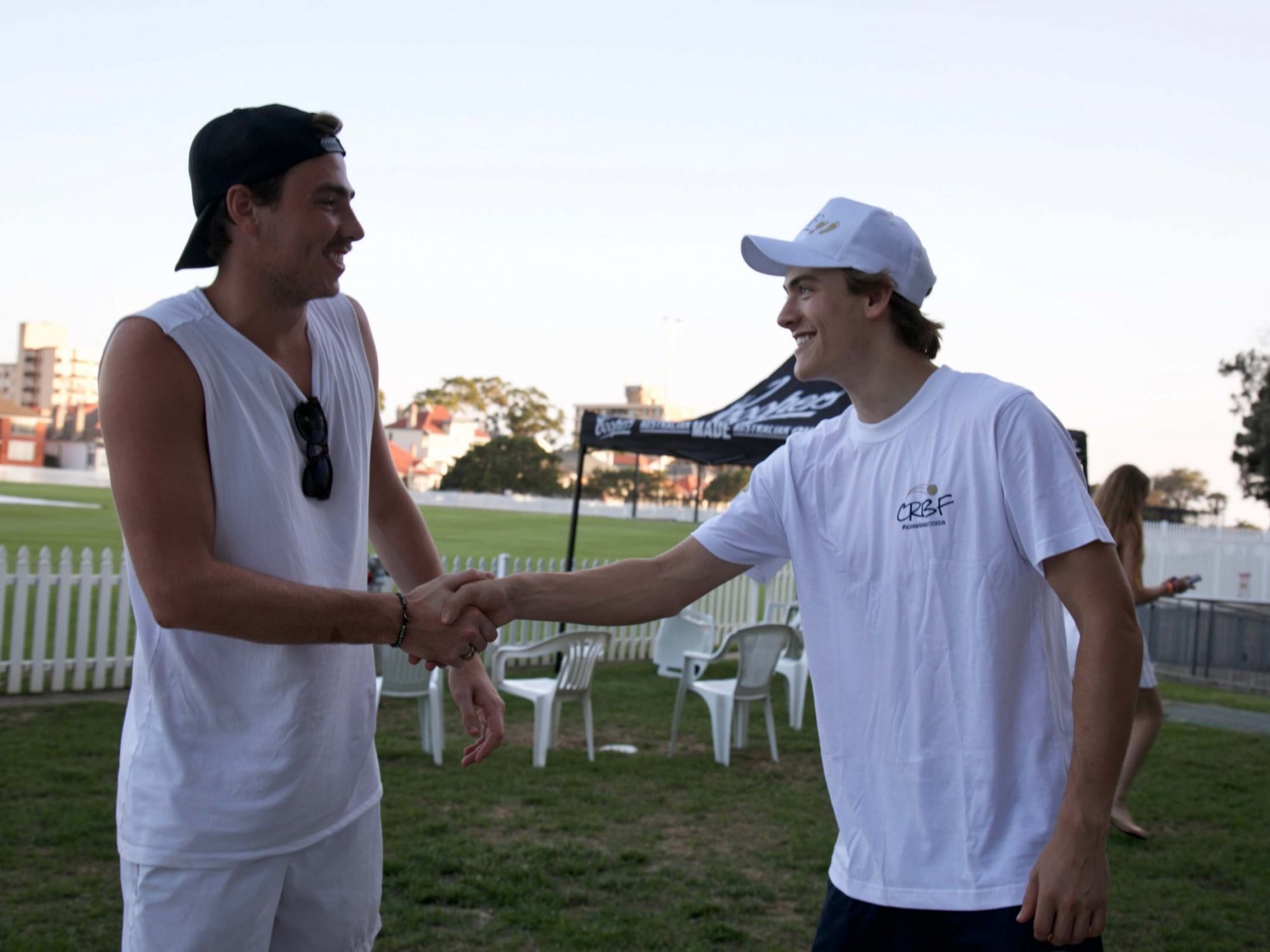
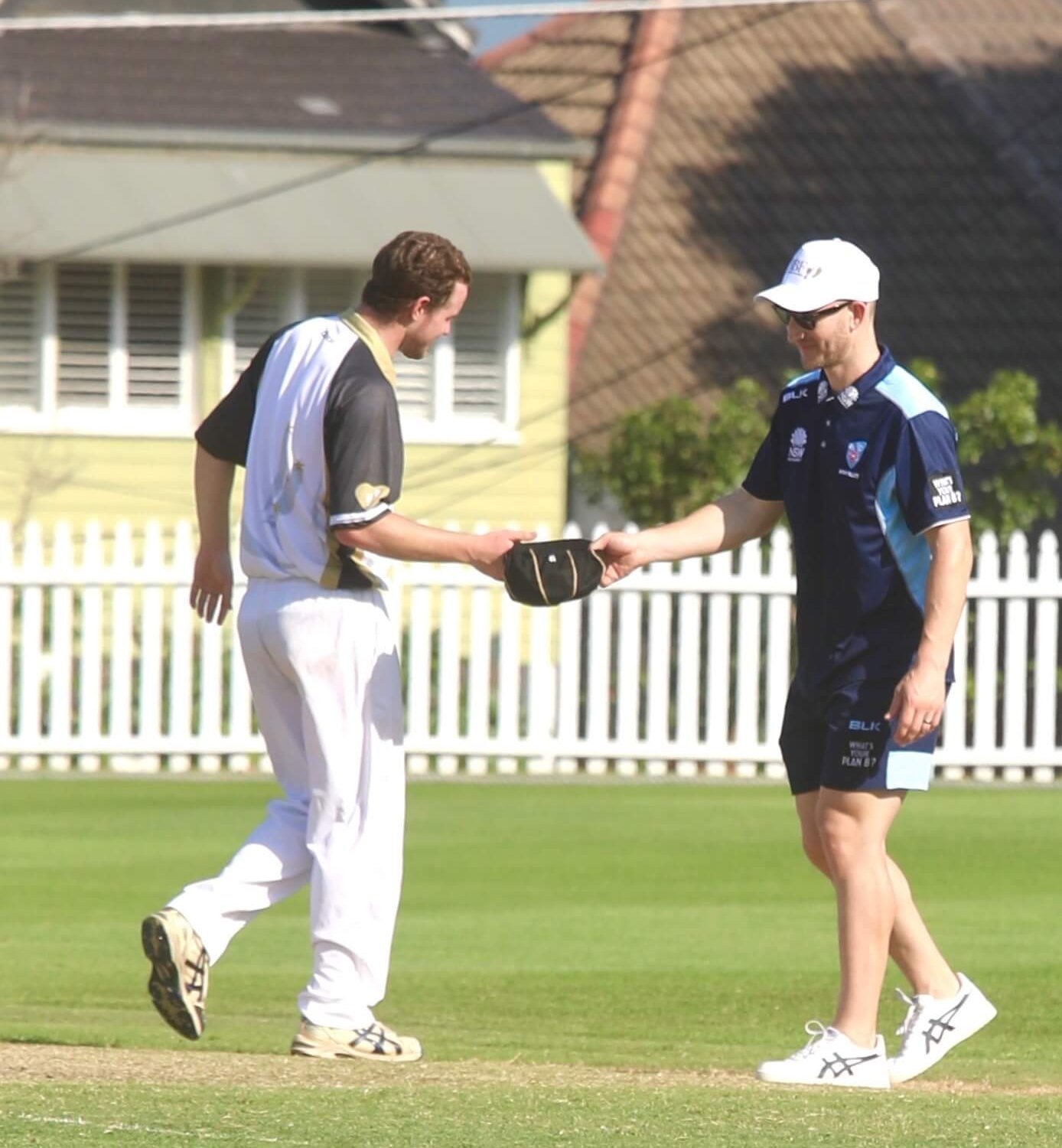
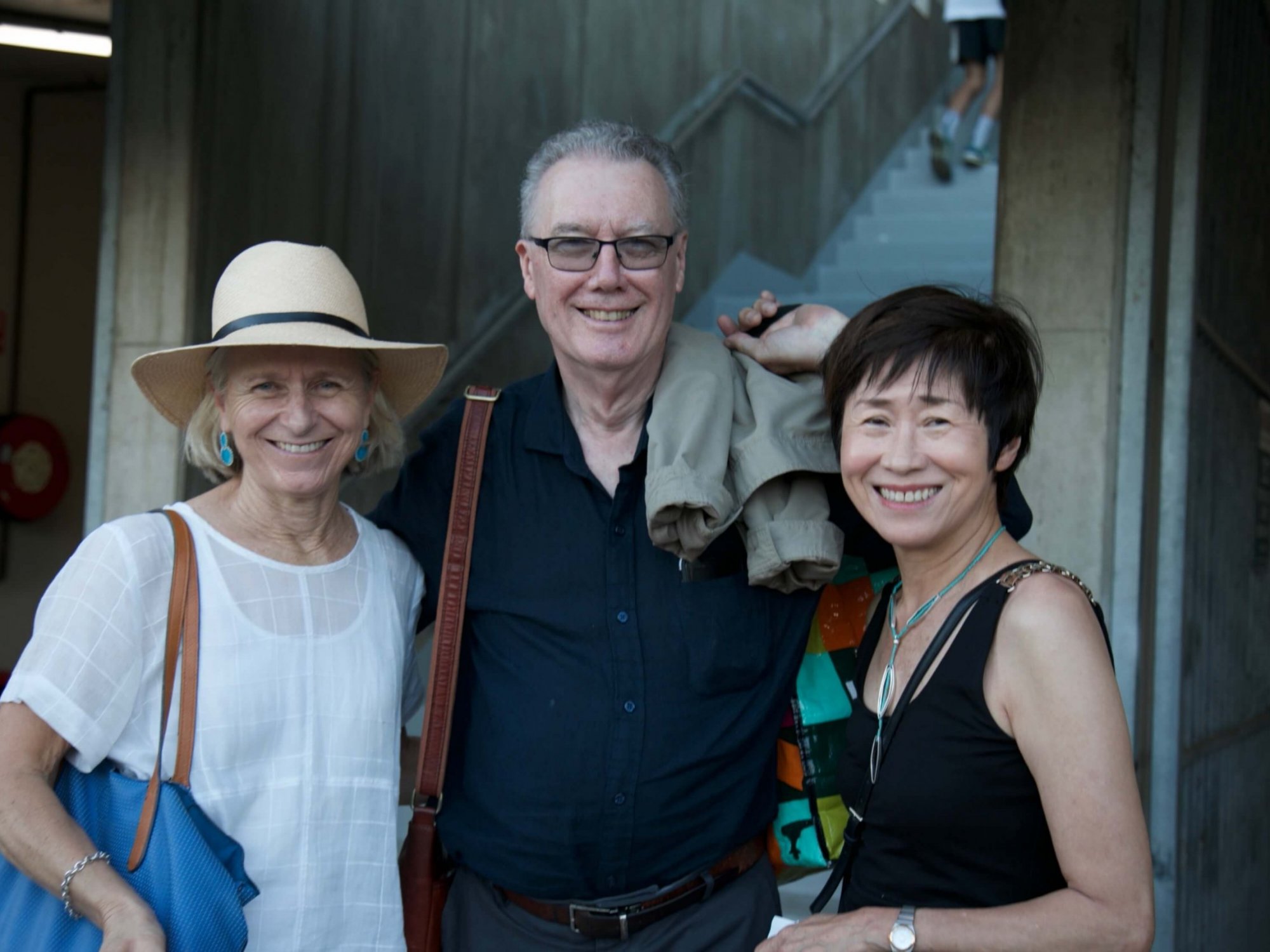
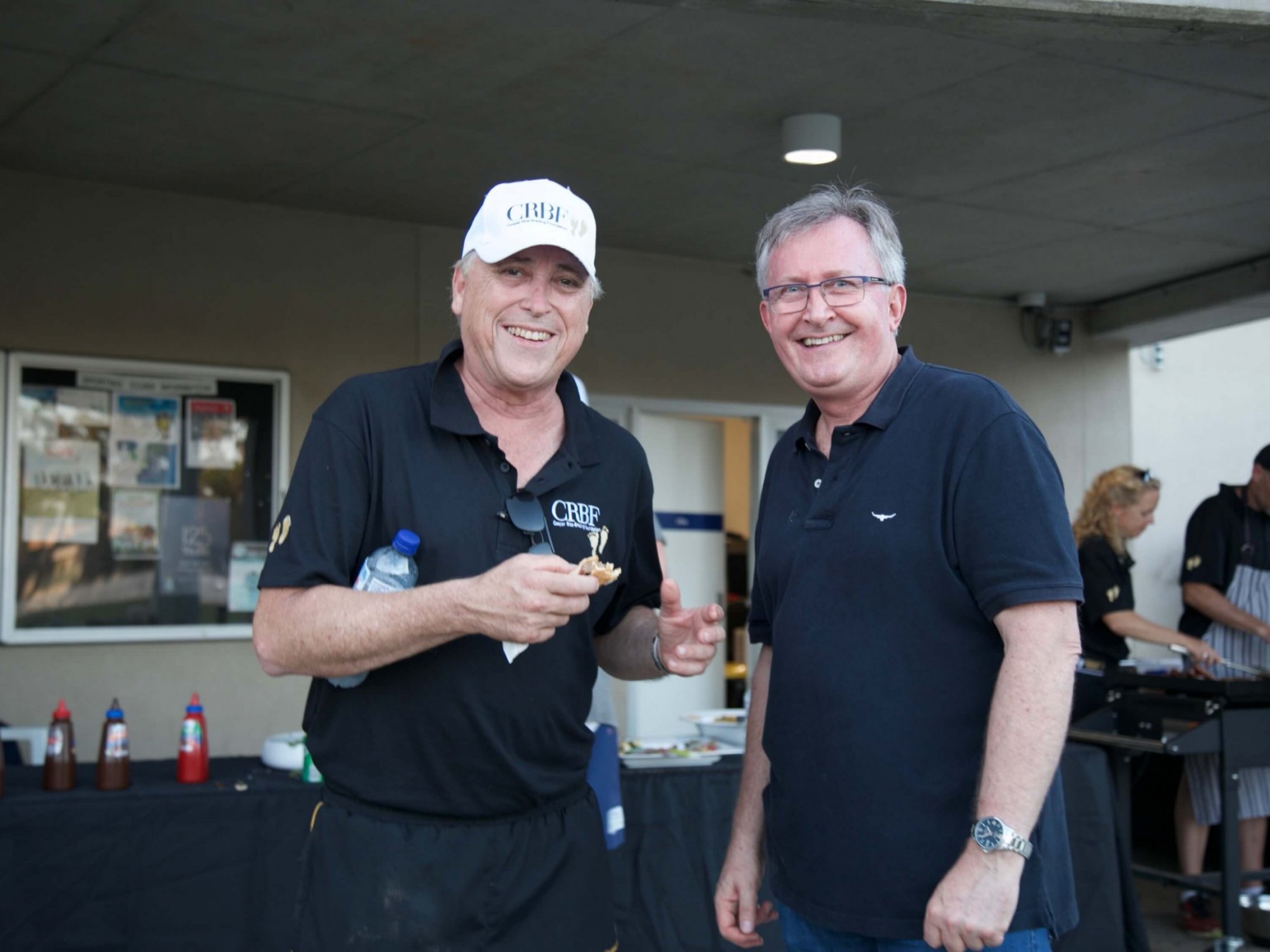
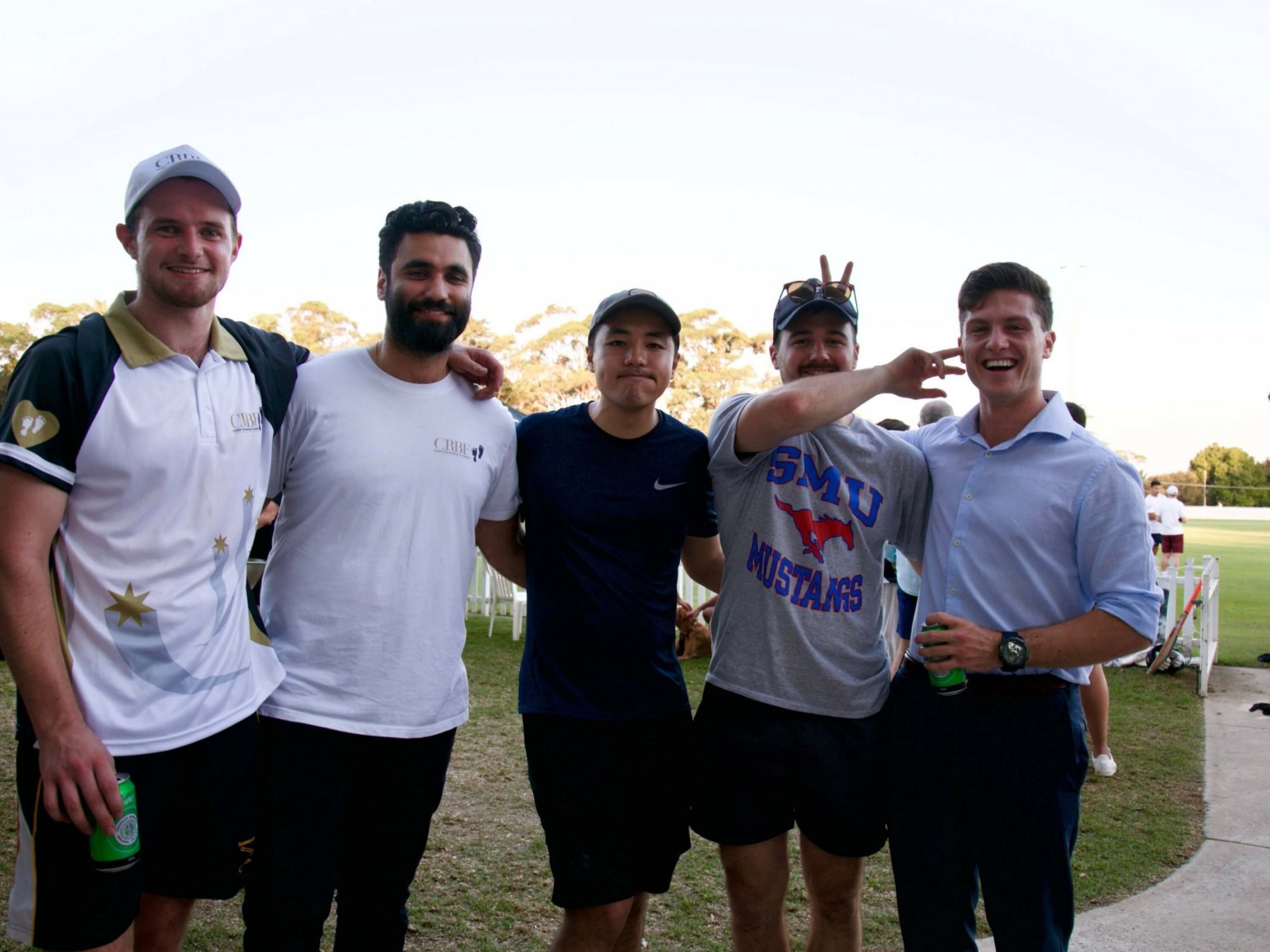
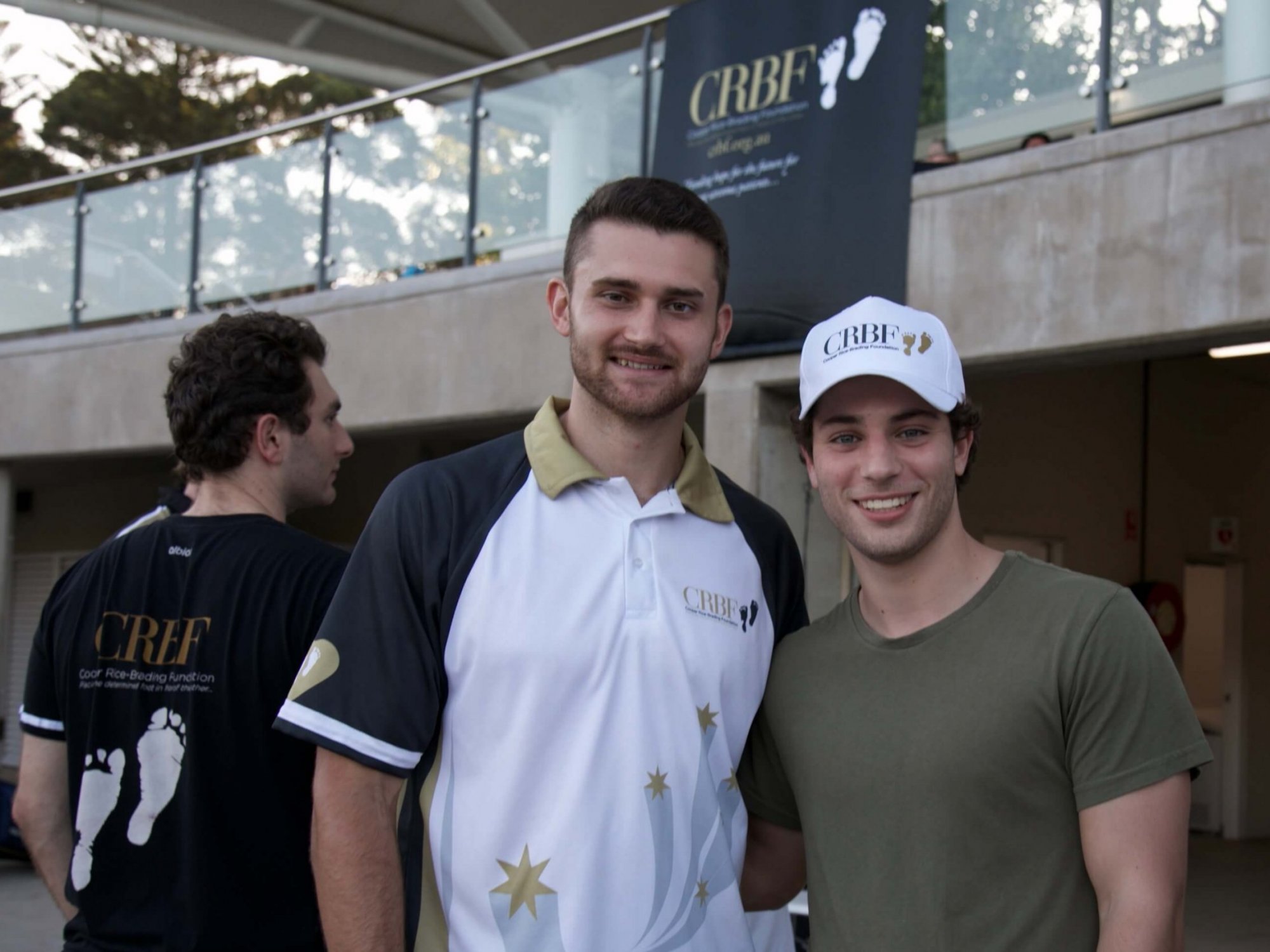
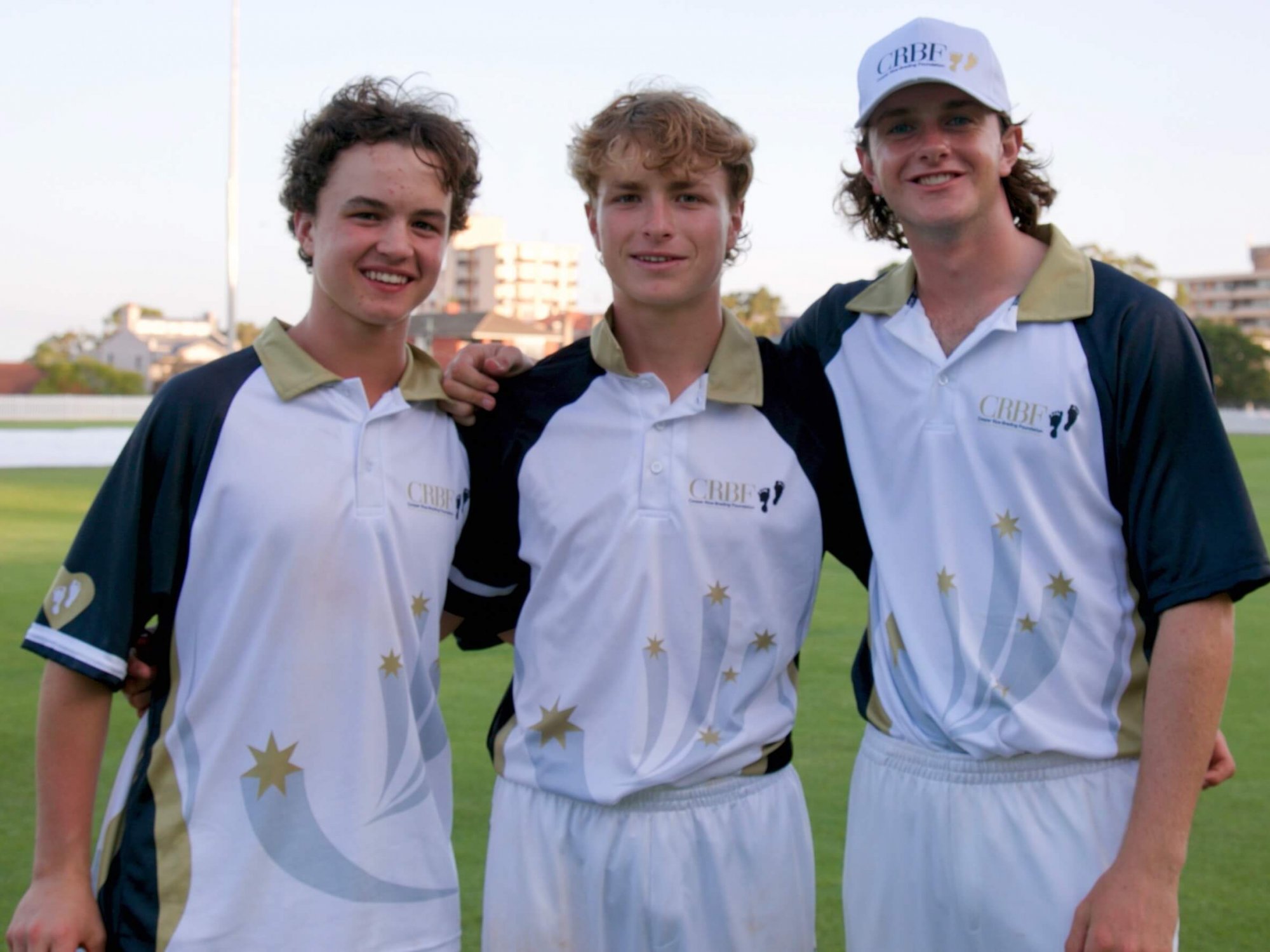
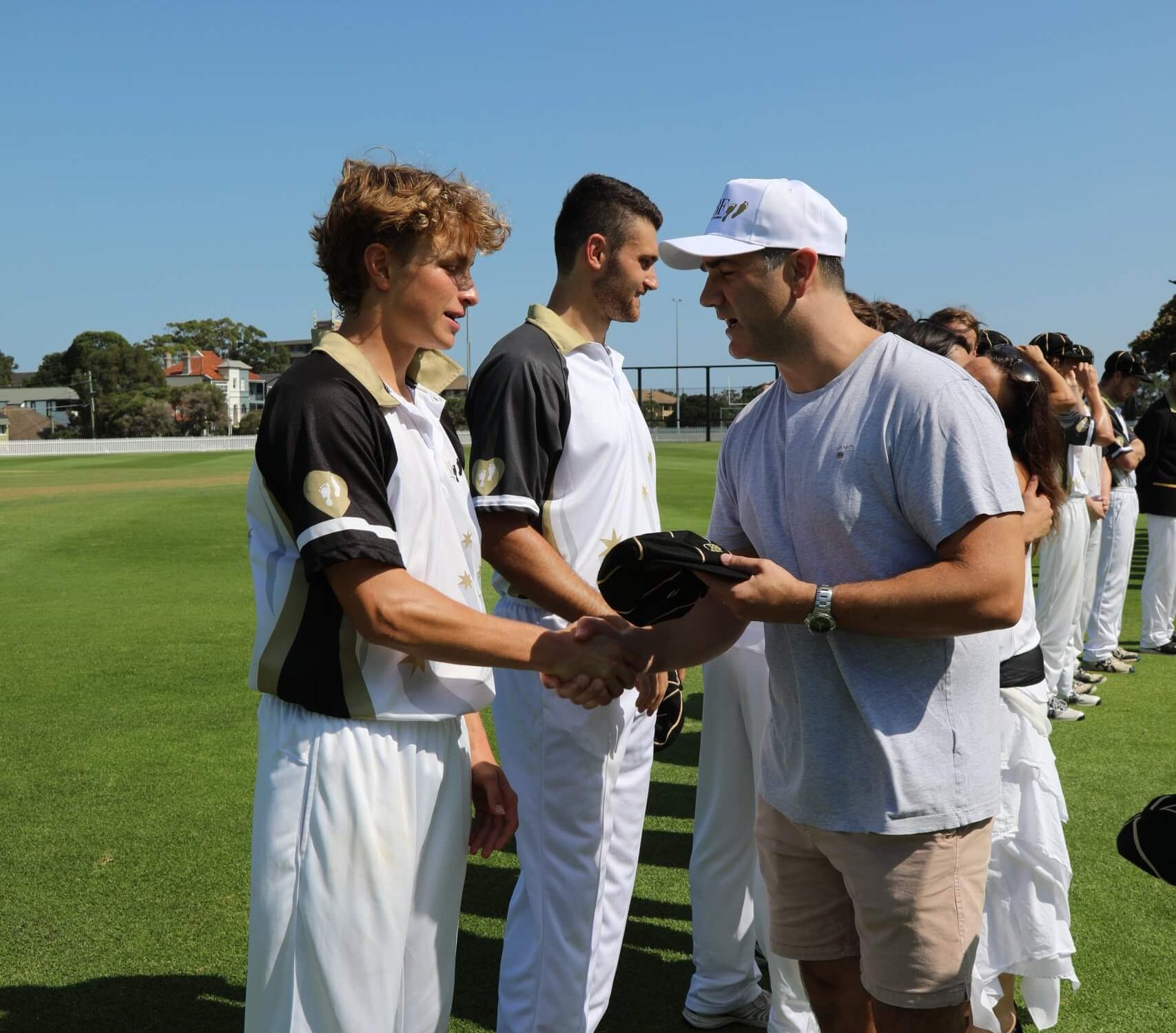
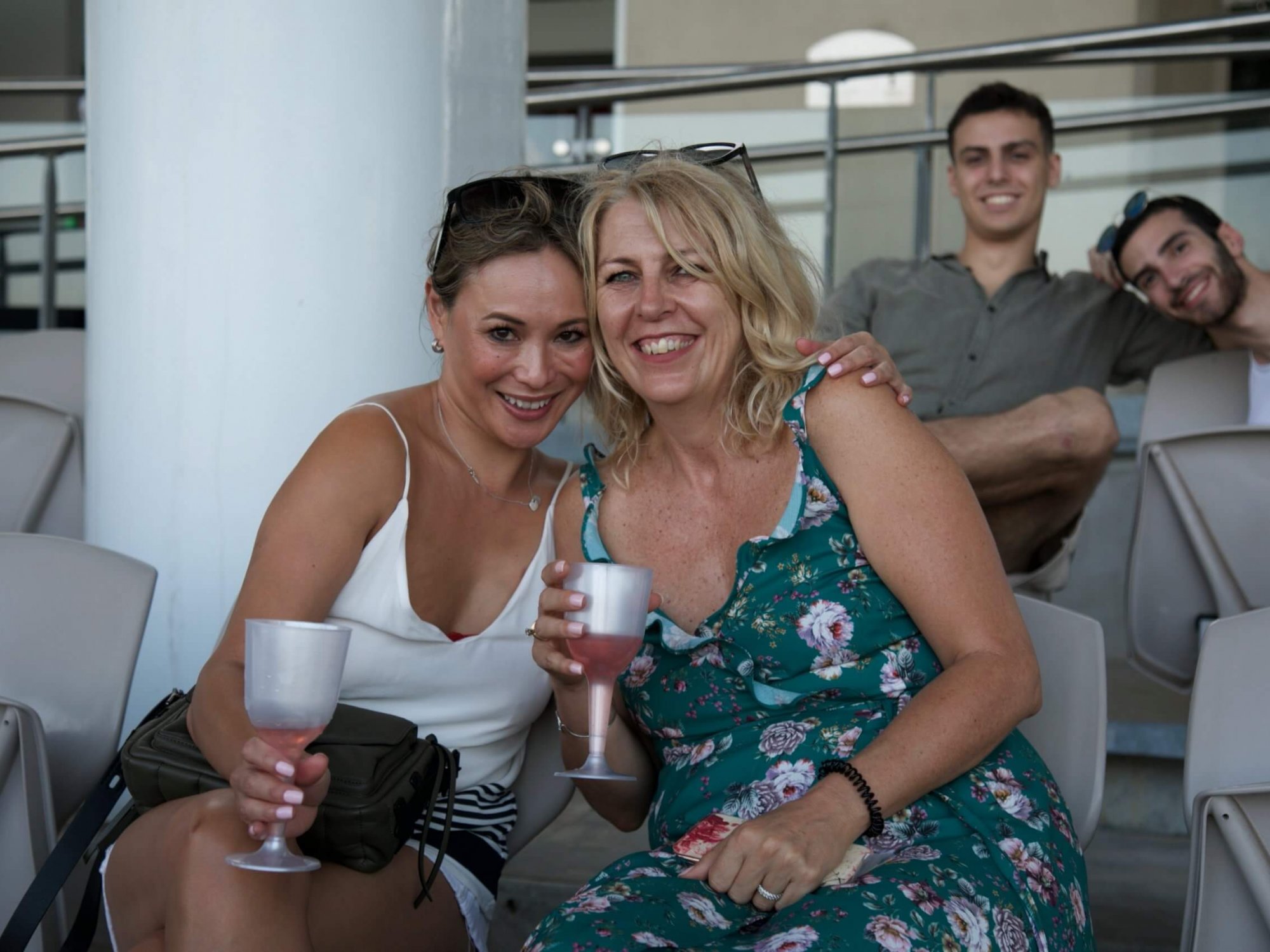
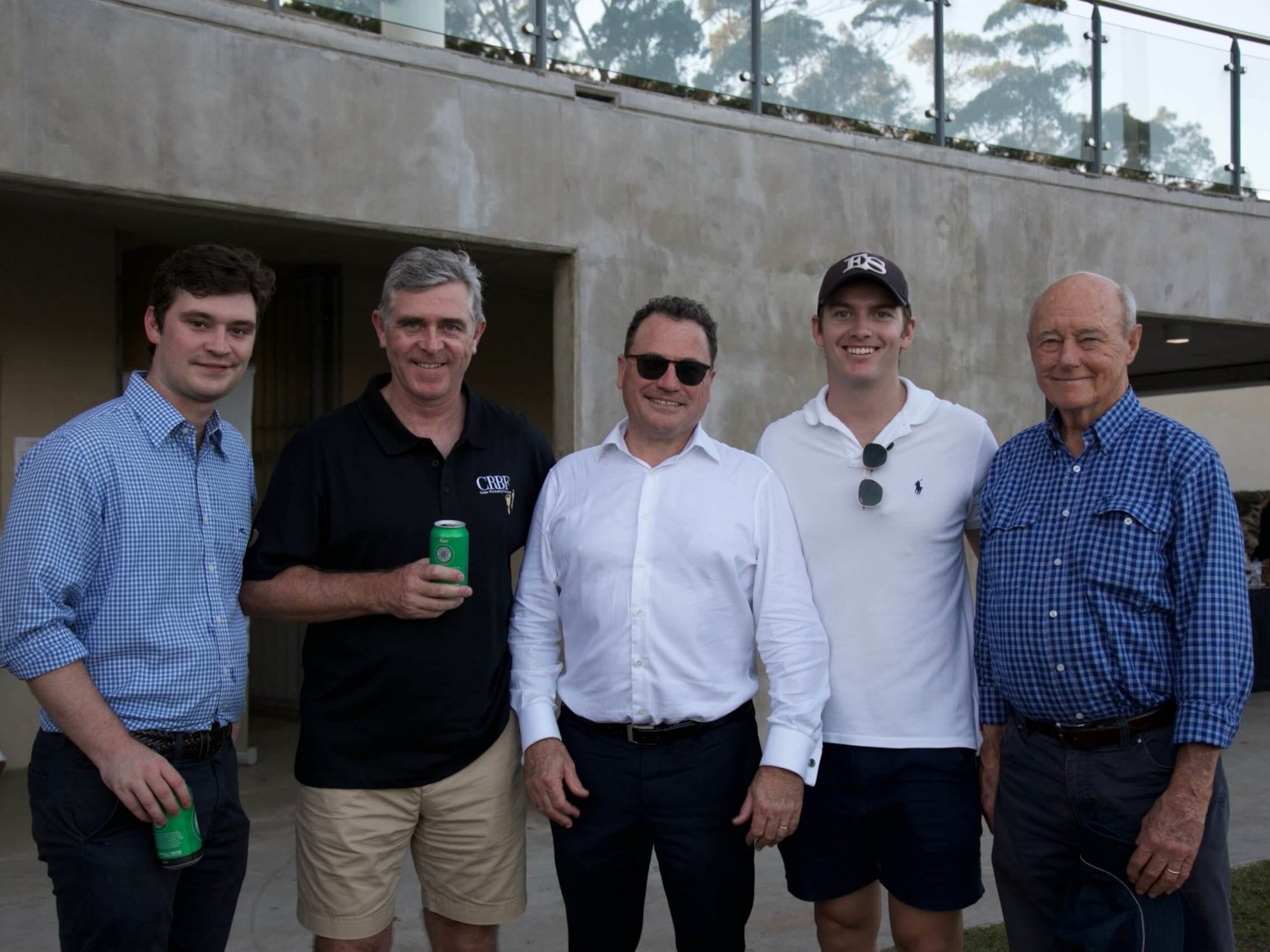
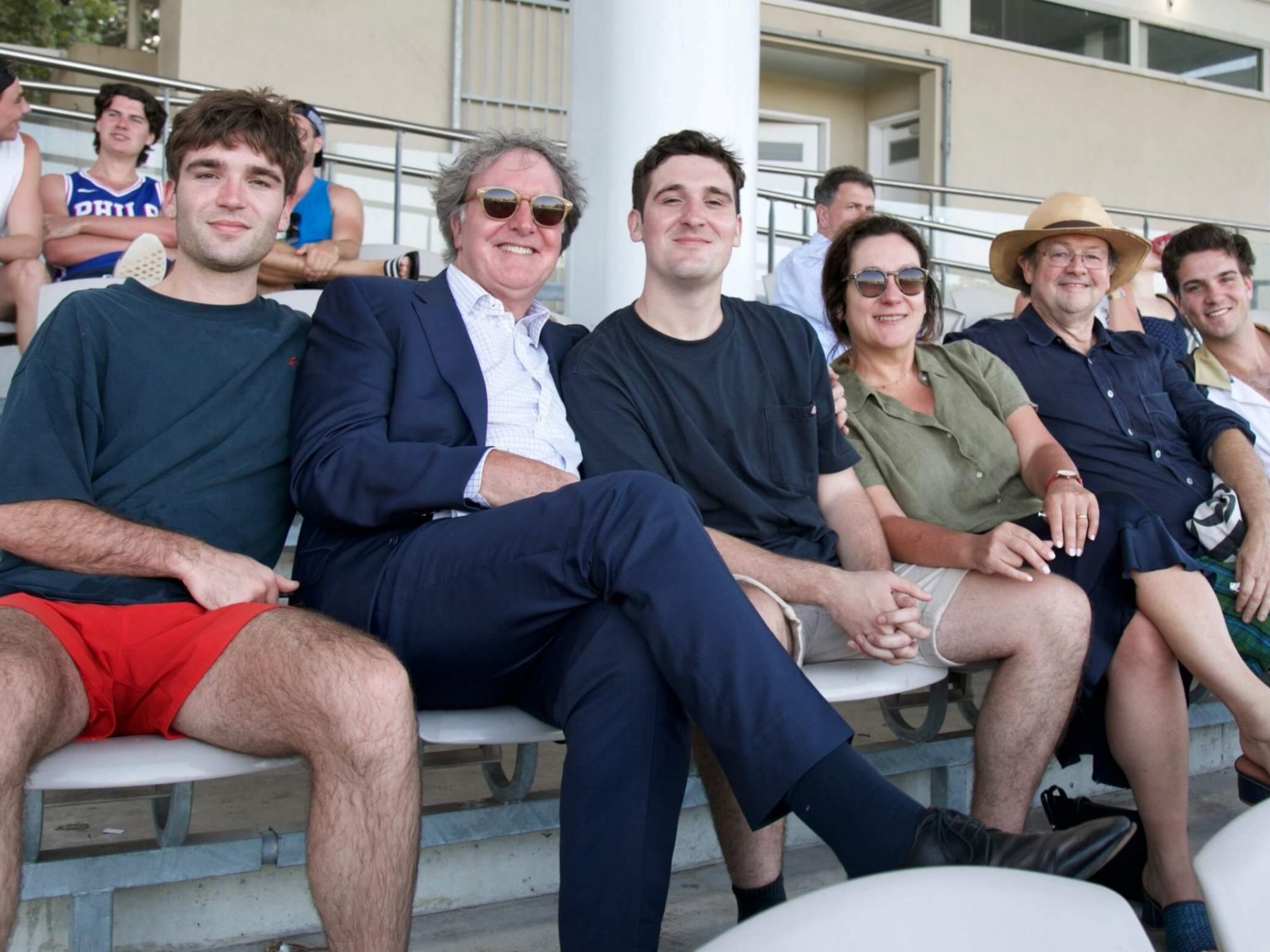
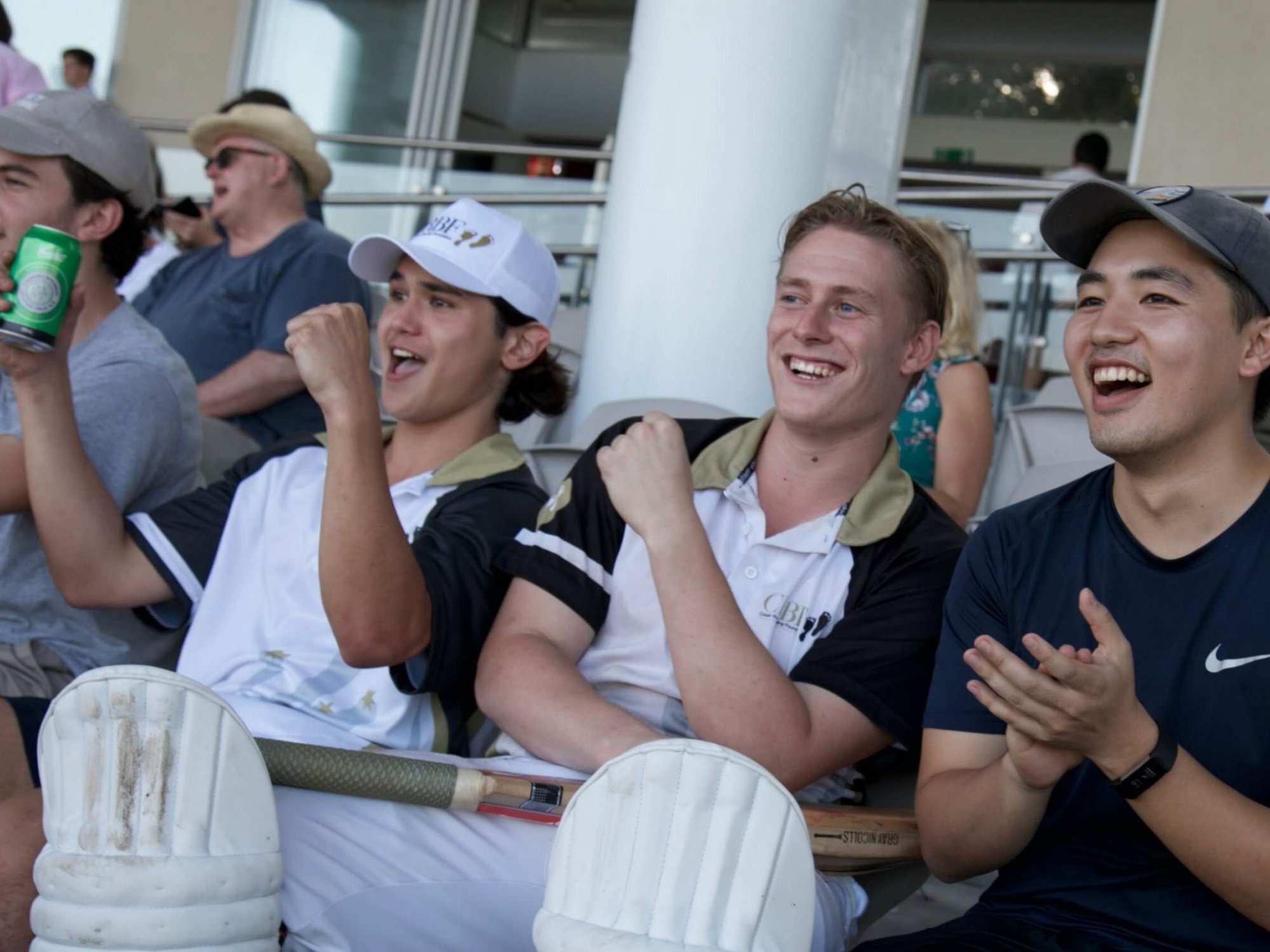
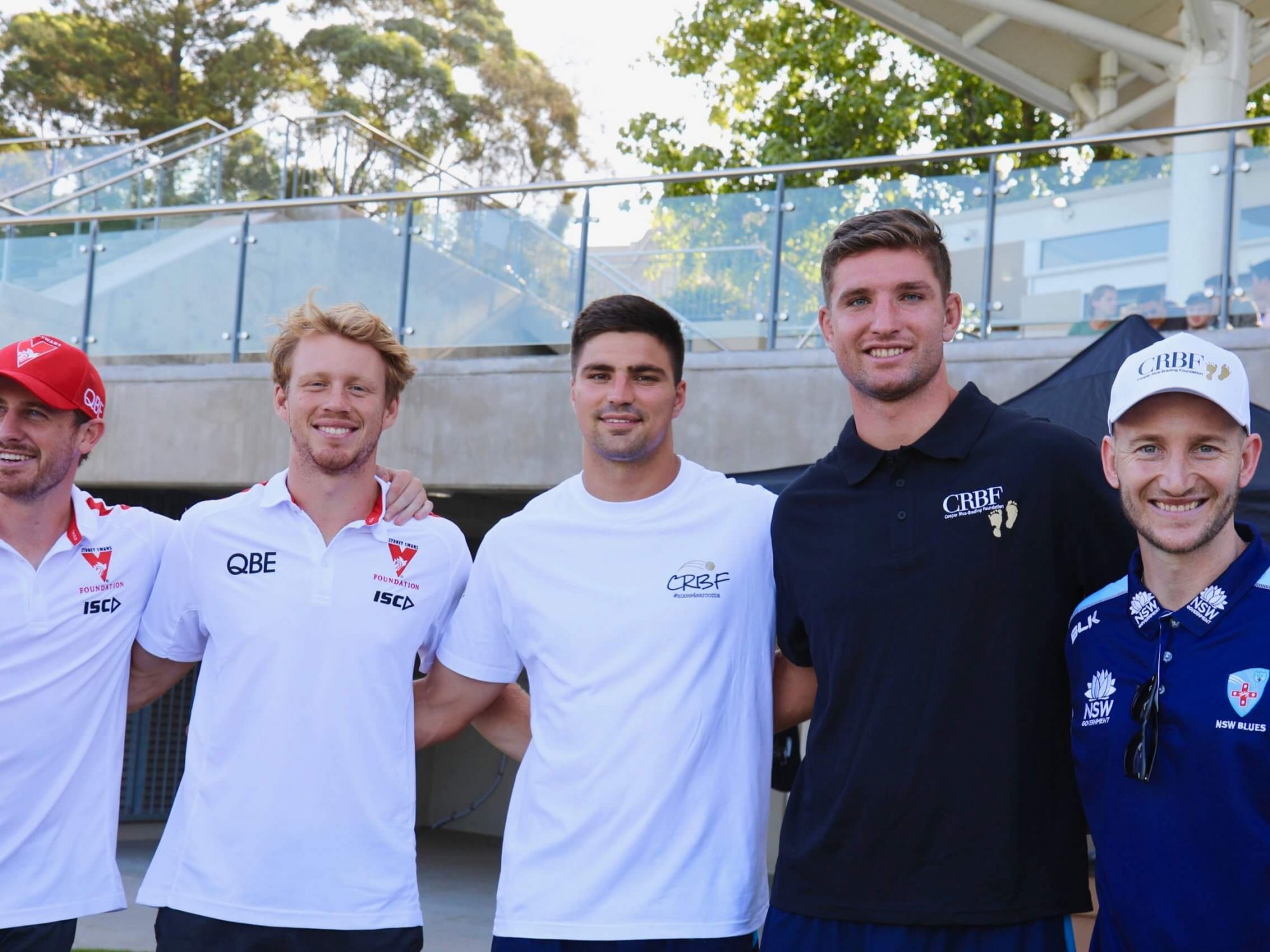
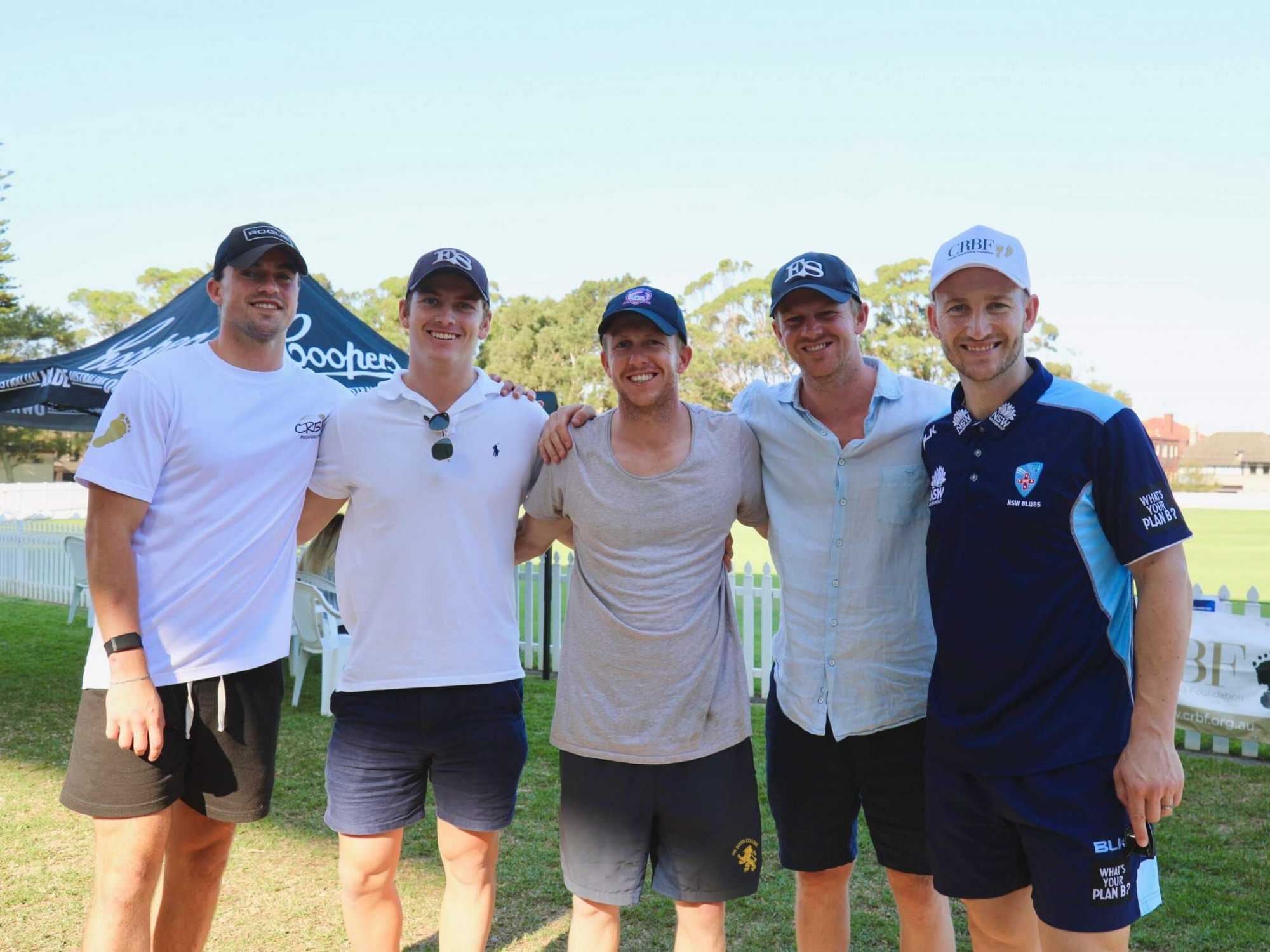
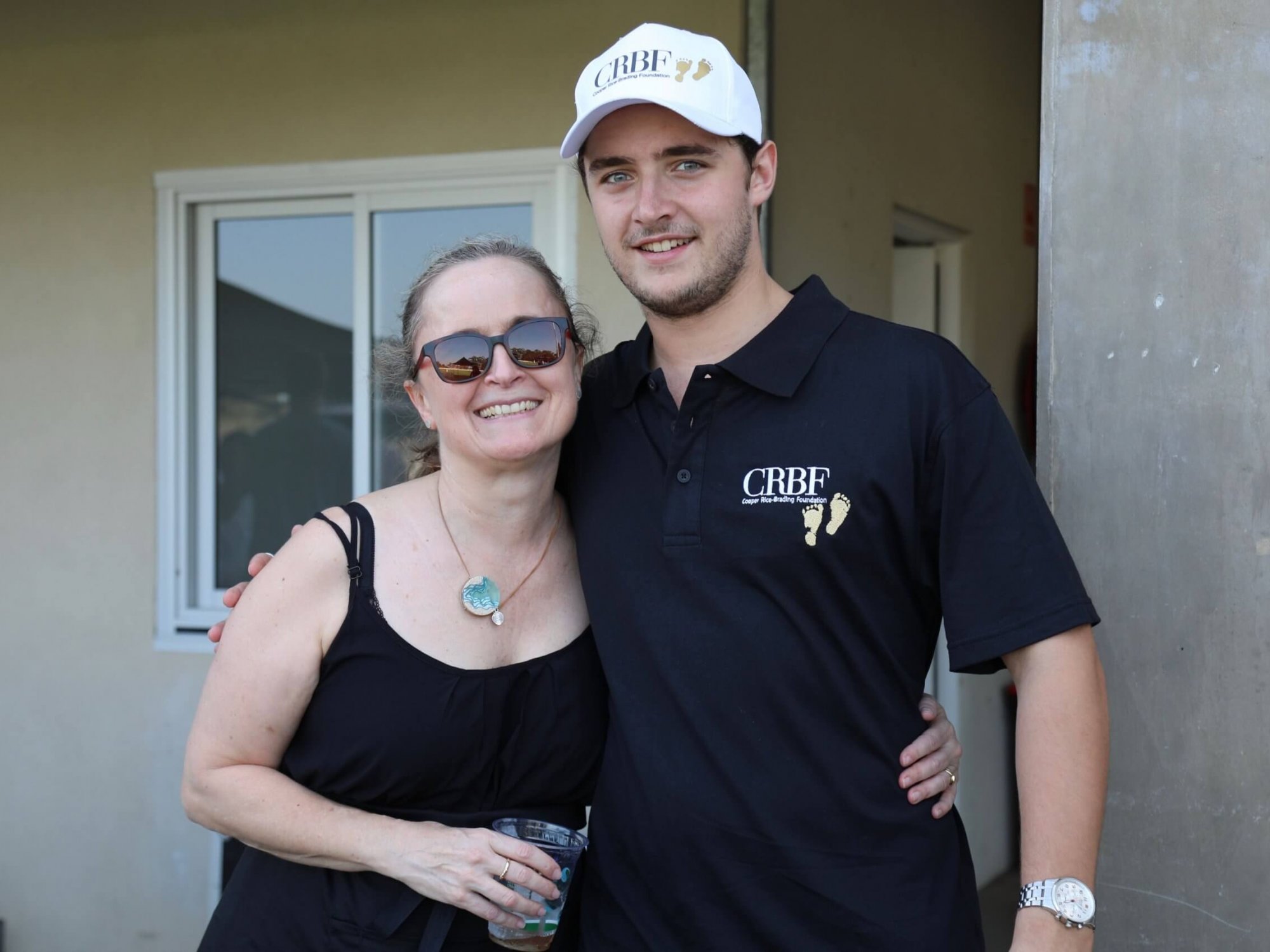
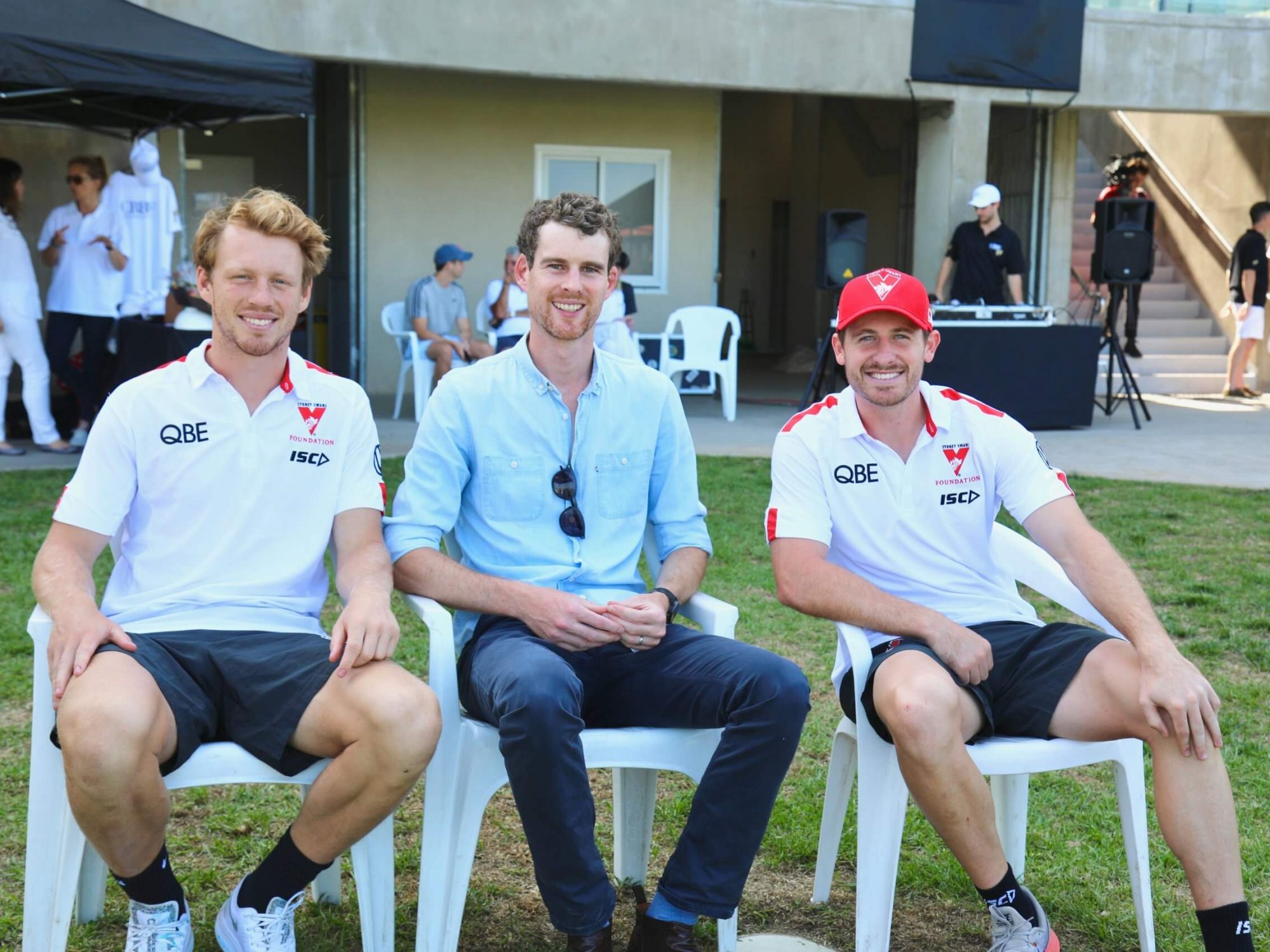
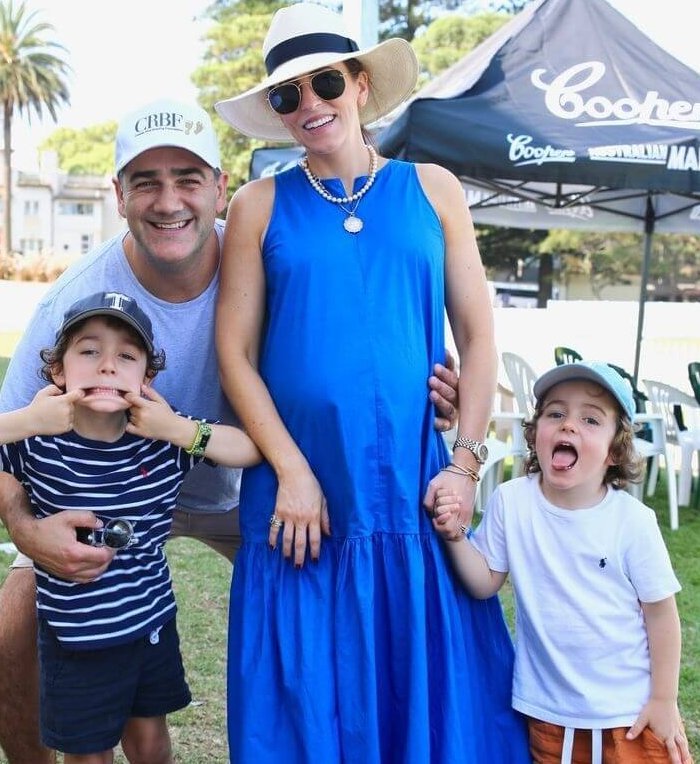
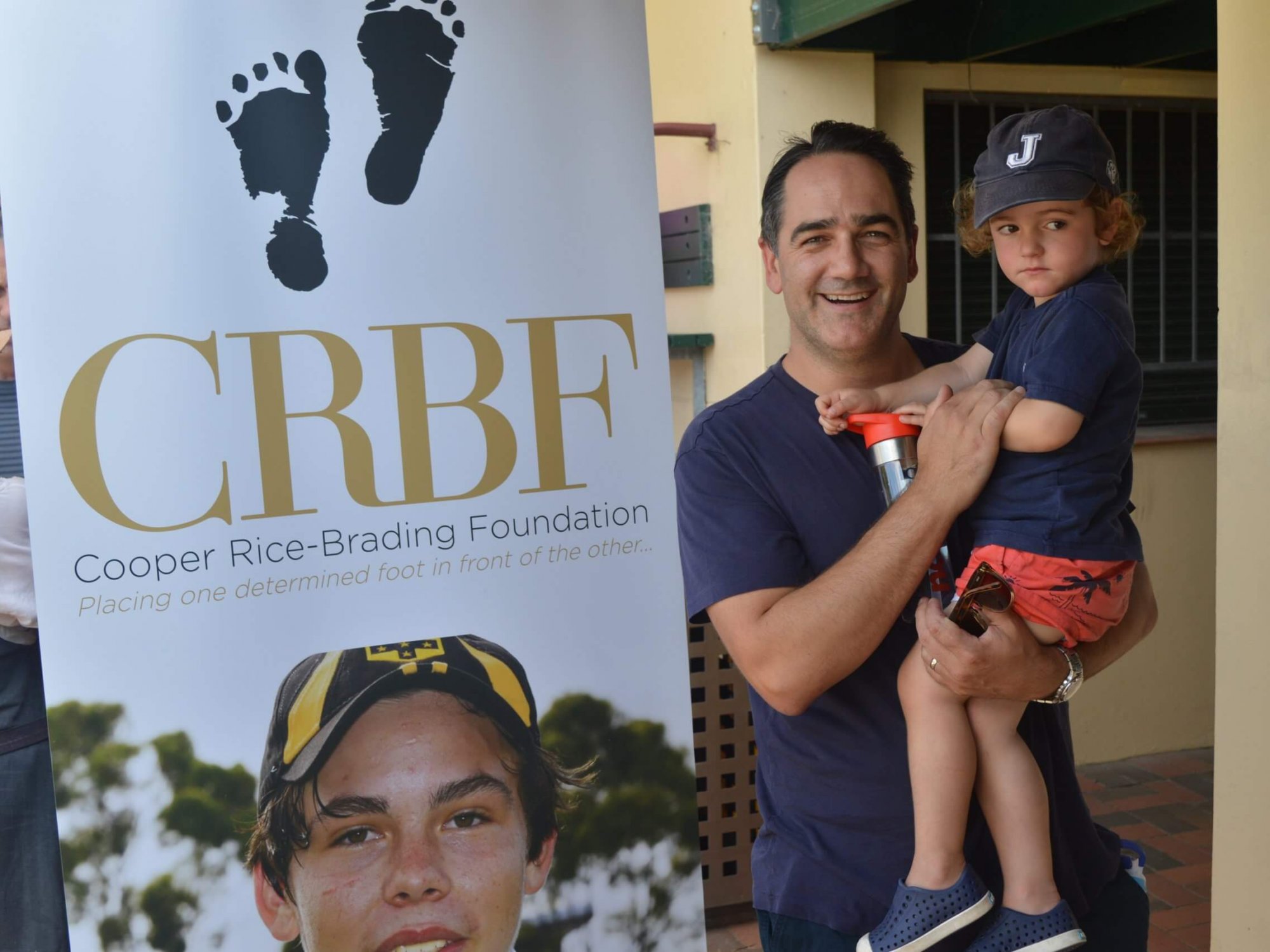
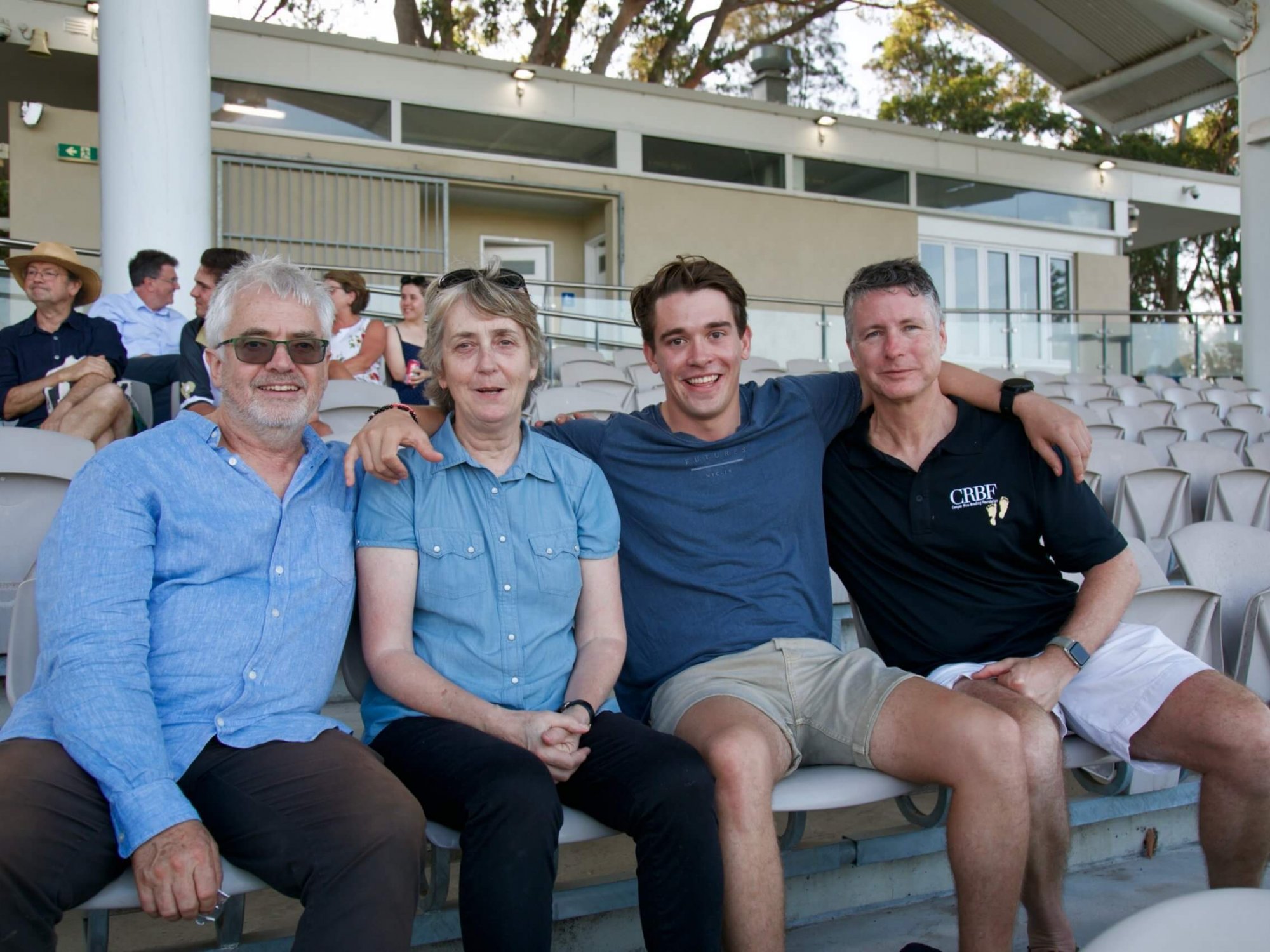
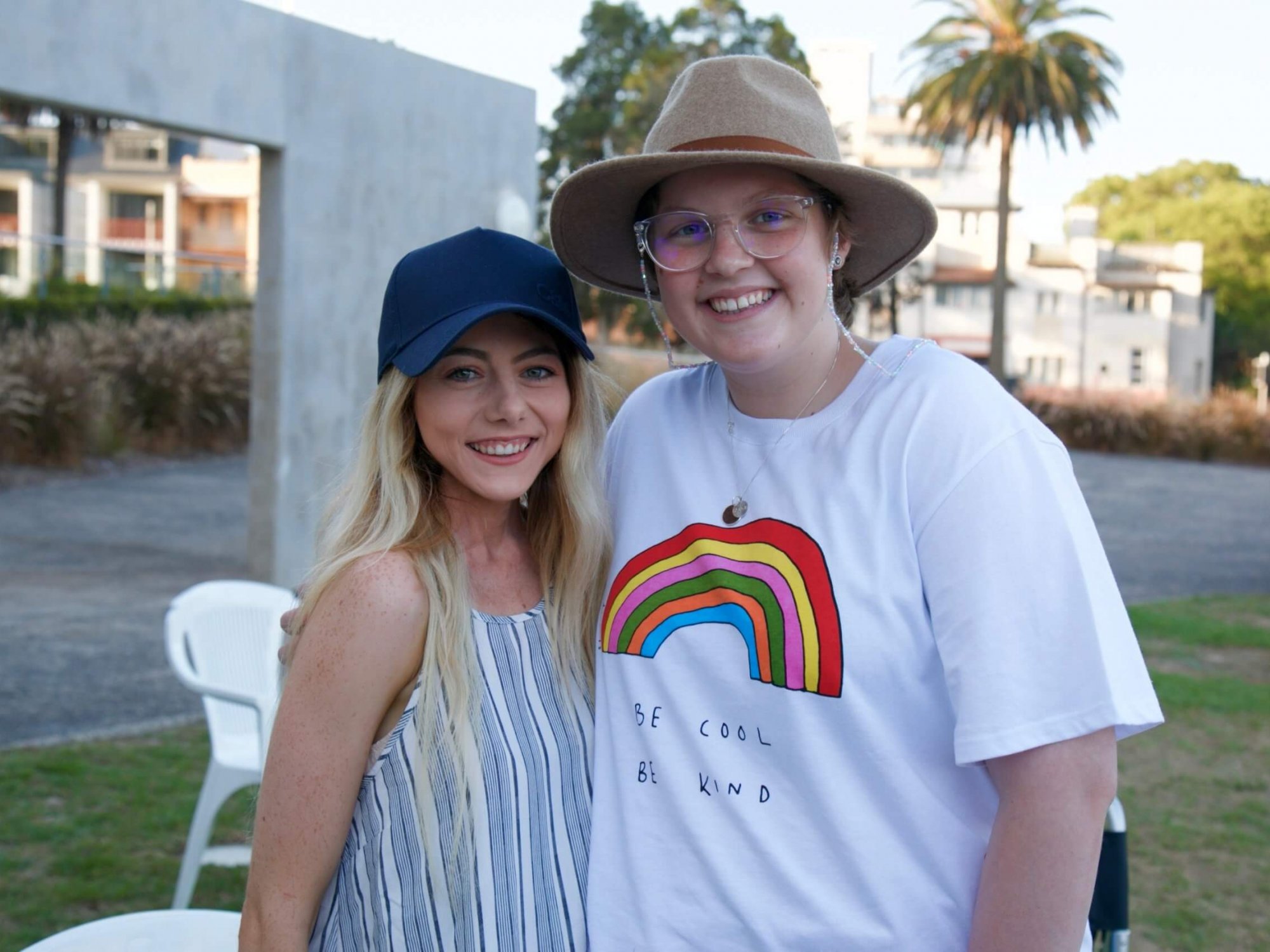
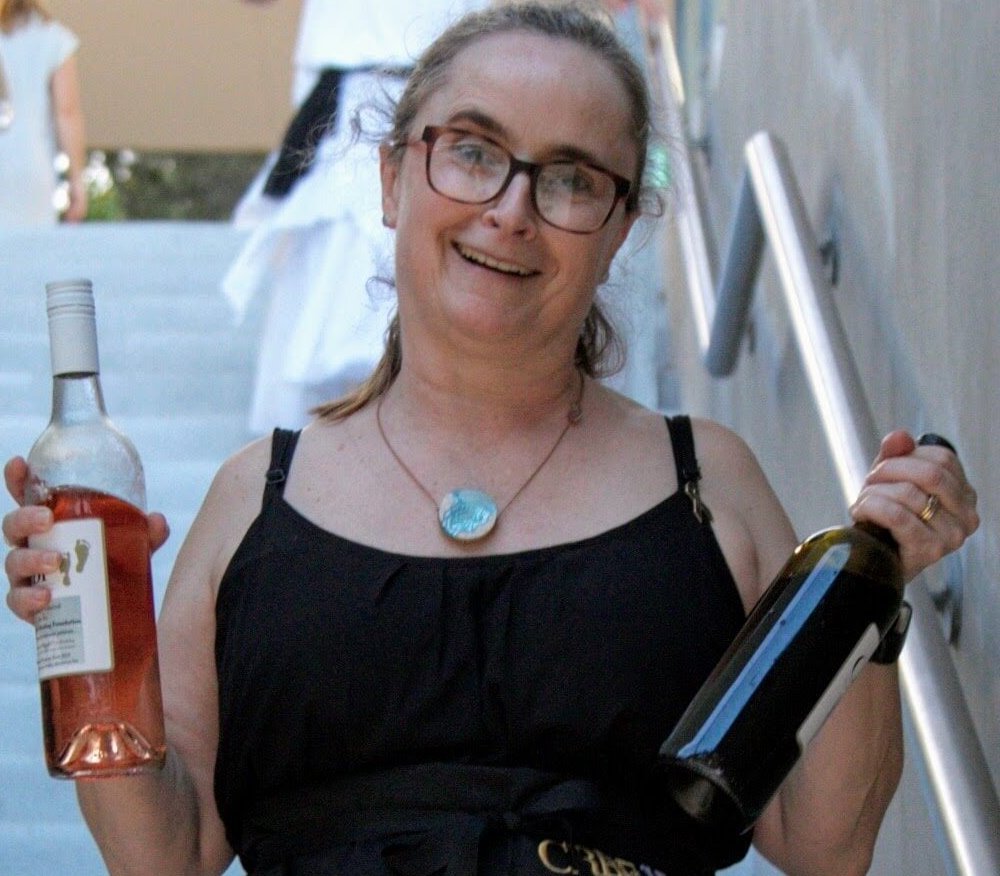
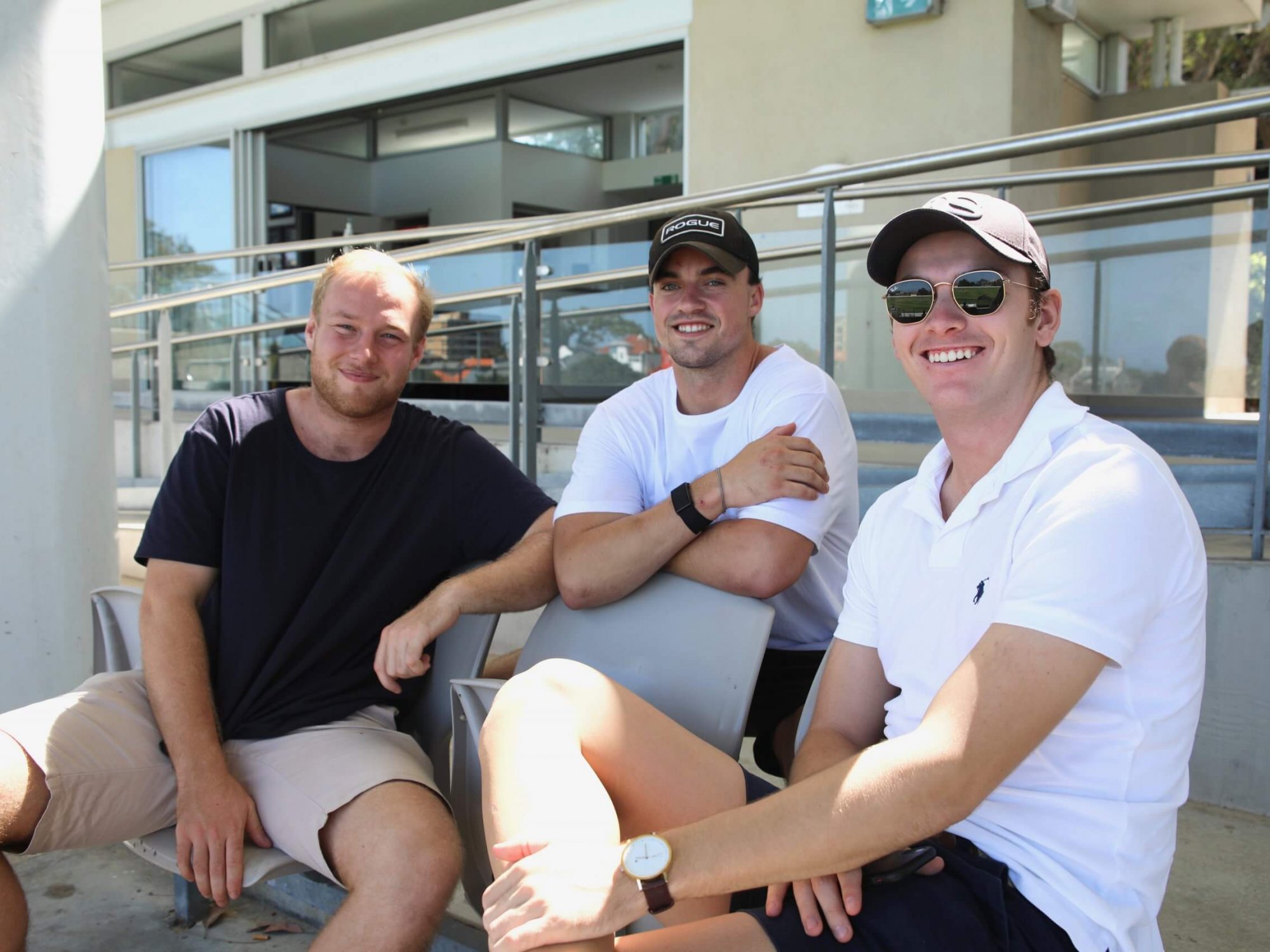

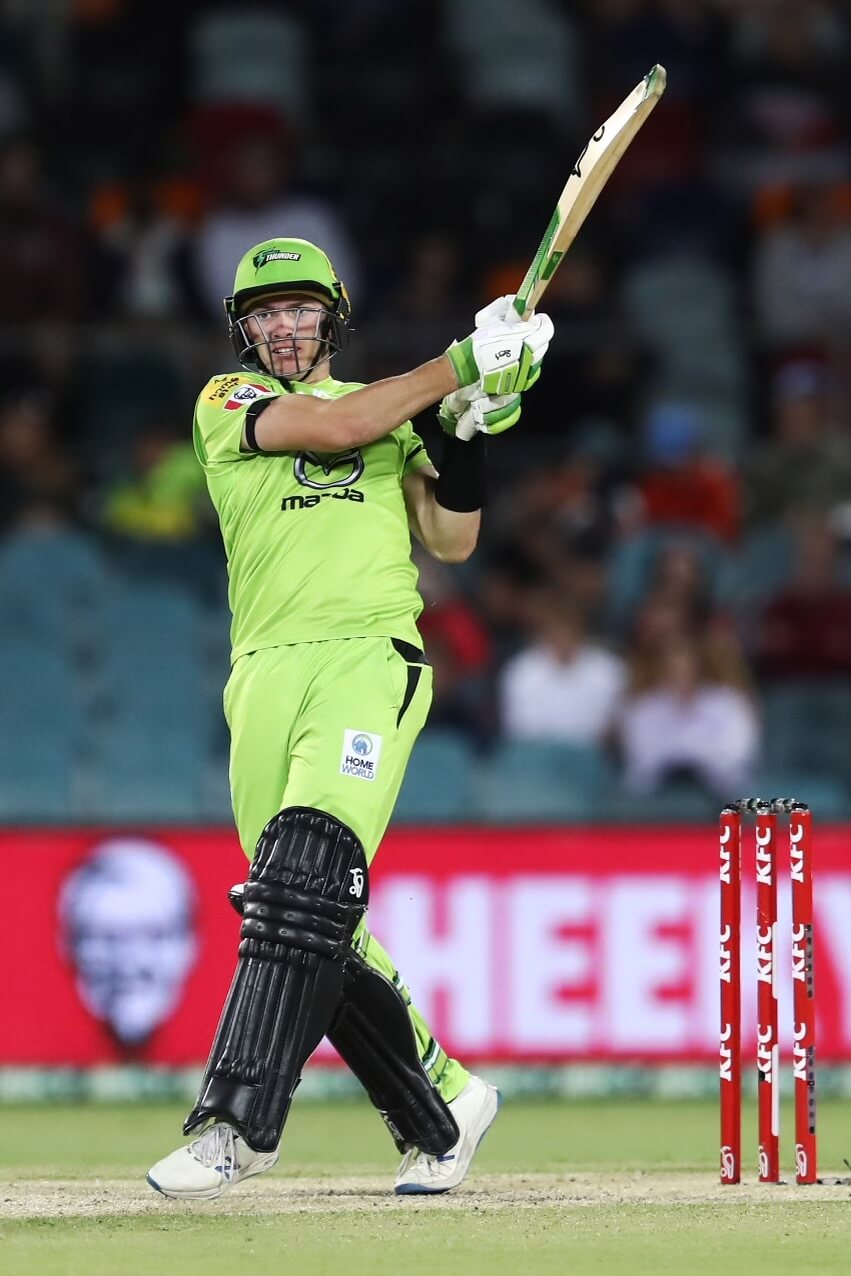 Baxter has returned to the field, and is at his brilliant best after a twelve month rehabilitation to overcome a serious back injury.
Baxter has returned to the field, and is at his brilliant best after a twelve month rehabilitation to overcome a serious back injury.